Today, advanced polls opened for Nunavut Tunngavik Inc.‘s (NTI) Vice Presidential election. On the ballot is Iqaluit resident, Jesse Mike. Mike is currently one of three nominees for Vice President (VP), including the organization’s veteran VP, James Eetoolook. A long-time participant in Nunavut politics herself, the former NTI employee sat down with us to talk about leadership, community development, and why she thinks it’s time for change.
FTN: For our readers who don’t know, what is NTI?
MIKE: I guess the simplest way to put it is, NTI is the land claims organization. It used to be called TFN, Tunngavik Federation of Nunavut. It was created to create Nunavut and work on developing the Nunavut Land Claims Agreement. Now it plays the role of representing Inuit, to ensure that our Land Claims are being implemented by both the federal and territorial governments.
When did you get started in politics, and what drew you to this field?
I think I was maybe 16 when I first started getting involved in the Baffin Regional Youth Council. And then the hockey camp. As much as it’s not political, it’s really a way to try to help at a grassroots level, making some sort of positive impact in a way that you can. I really started at a young age, seeing so many of my peers just struggle so much, and losing a lot of relatives and friends and teammates to suicide. I wanted to be able to help in any way possible to try to just make those changes for them in any way that I could. I don’t like the word “save” lives, but just encourage people to have hope.
You’ve held a lot of leadership positions in Nunavut – Director of Nunavut Stars Hockey Camp, President of the National Inuit Youth Council, President of Innusiq – Embrace Life. Which of these experiences do you think has best suited you for role as NTI VP?
I think all of them really have helped me and shaped me. Especially when it comes to the social and cultural aspect. I think the western way of doing things is very compartmentalized; not everything seems to be connected. But I think that I’ve had to really think about things holistically [as a leader], considering the environment, the people, the circumstances. [As] the chair of these [organizations], you’re not often making the decision, but you have a role to try to keep things on track…to make sure that at the end of the day, what we’re working toward or what we’re deciding is really what we think is working. Because often we can react so quickly on emotions and be fired up on certain issues. But it’s really taught me to calm everything down before moving forward [to prevent] reacting and being irrational. I think those are very important qualities in a successful leader, and I think we lack a lot of those kinds of leaders currently, especially in the Inuit organizations.

Mike, second from left, with the Women in Action, Steps for Life group that walked from Hall Beach to Igloolik to raise money for cancer research. Photo courtesy of Jesse Mike/Facebook.
The NTI VP is expected to chair two boards: the Social and Cultural Development Advisory Committee and the Wildlife and Environment Advisory Committee. What do you see as being the most pressing issues for each of these boards, and how do you plan to address these issues?
First of all, I think the most pressing of either of them is the Social and Cultural [Development] Department. For social and cultural development, suicide prevention is definitely a huge issue. One thing that I will work towards is definitely supporting…existing wellness groups in the communities, like Ilisaqsivik in Clyde River. And then pushing the government to make sure that Inuit – not just Inuit, but Nunavut – have access to services to help them, through counselling. And then there’s food security. Obviously, I’ll be advocating a lot towards the federal government on Nutrition North. But my action that I am planning on taking is ensuring that I can get the Nunavut Harvester Support Program running in a way that’s accessible to everybody, supporting hunters to keep the food coming into the communities and having community freezers that are constantly filled for community members to eat from them regularly. And the Nunavut Harvester Support Program is linked with both of the files that I would be chairing.
With wildlife, I know that that will definitely be one that I don’t have a lot of expertise in, in terms of my traditional knowledge as a hunter. But as somebody who cares about our land and our animals, I definitely believe that any decision that needs to be made or anything that needs to be fought for, I will do it in the best interest of our future, so that we have these animals. Not only have them, but [ensure] that they’re healthy and it’s sustainable so that all our children and grandchildren will still have access to [animals] the way that we do.
There’s a video of you on YouTube speaking on climate change at the Global Humanitarian Forum in Geneva in 2008, where you speak passionately about the affect of global warming on the Arctic. Do you see a role for NTI in the climate change debate?
Definitely. Because NTI is representing Inuit. Policies and programs and services are being developed with both federal and territorial governments. I think NTI has a huge role to advocate, to be telling the world and the rest of the country what is happening to Inuit. How it’s affecting us and our daily lives and that it’s real. So yes, definitely I think NTI has a huge role to play.
You often hear the criticism that all the politics and power is centred around Iqaluit. How are you, if elected as VP, going to connect our diverse and dispersed territory?
So often it seems like [we focus on Iqaluit], but it’s the capital and there needs to be a central place for things. But Iqaluit really is made up of people that are not from Iqaluit. Sometimes people don’t realize that, especially if they’re not here that often. But the one thing that I would really like to do is, if not once a year maybe every two years, is just get out to the communities with my colleagues. To first of all let [community residents] know what we’ve been up to – what we’ve really been up to. Everything is always on paper, but to really get out to the communities and inform them in as much – I don’t know if “details” is the right word – but give them an idea. As a former employee of NTI, [NTI staff] frickin’ work hard and there’s a lot of people that are just in there constantly working and nobody hears about it because there is such a disconnect between the employees and the elected [officials]. So that is one thing I’d like to do throughout my term, is to really connect with people in a meaningful way by getting out to the communities.
You recently visited Kugluktuk as part of your campaign tour; why Kugluktuk?
Kugluktuk is the farthest west Nunavut community and it’s an amazing community but often actually the one that – besides Sanikiluaq – is quite left out because it’s so far. But the people there are amazing and I’ve had great support there before. In the last election there were eleven of us, and I won in Kugluktuk. This time there’s three. Often when people are campaigning they go to, like, Cambridge Bay or whatever and so I thought it’s important to get to the smaller communities. Already having the strong support there, I just wanted to go and have people who were going to work with me, which was great, to just get out and know that I’m going to be thinking about those communities. That all [the communities are] important to me; I’m not just going to focus on the big ones.
Can we address the elephant in the room? NTI’s current president has made some disparaging remarks about being a gay Inuk. You are a gay Inuk. What does that mean for you?
I thought about it very briefly actually, but it’s not something I’ve been thinking about. I know that the next few years will be very difficult, but I’m not doing this because I want something easy, obviously. If I wanted an easy job, I’d go work for the GN pushing paper or something. But that’s not what I want and that’s not what’s going to make things better. I’m not super excited about that part of it, dealing with people who are extremely different from me in their age, their morals, their work ethic, and their rationalism. I want people to support me because they believe in me and their morals resonate with mine. I don’t expect everyone to vote for me — I mean I hope people would — but Nunavut has a lot of really smart people and really young smart people who are very passionate as well. It’s those people that I’m wanting to vote for me.
On your Facebook page you wrote, “I was raised in both a traditional and modern world.” What do you mean by that?
If I was raised in a traditional world, I’d be raised out on the land using traditional tools and just eating country food and being a seamstress and a wife to a hunter. So obviously I’m not totally traditional. I was raised in Iqaluit. My mother was a single mother who, at a young age, was pursuing her education, still in college when I was still pretty young. But also, we spent a lot of time out on the land with my grandfather as well, when we’d be in Pang. There’s no way that I’m ever going to be a totally traditional person, but there are still [traditions] that I live by. My beliefs and our customs of children and naming. My language was a huge part. My mom forced me to speak [Inuktitut] by ignoring me when I spoke English, which I’m very thankful for.
Are you doing the same thing with your daughter?
Yeah. Well, she has been speaking a lot more English lately. But she knows who she speaks Inuktitut to and who she speaks English to. I’m definitely working really hard to make sure she speaks Inuktitut.
In an interview with Nunatsiaq News, you stated that, “NTI hasn’t been aggressive.” In which matters has NTI not been aggressive enough? And how do you plan to change that, if elected as VP?
I mentioned earlier how [NTI] employees are constantly working with different policies and programs. Especially from the department that I worked for [Social and Cultural Development Department]. But there was a disconnect, no support to back up the work that you were doing. NTI could have played a strong role in so many things if we would have had the support from the leaders to say, “Yep, we want this, this is what we want, we are going to hold you to it, it’s in the Land Claims that you do so.” But that hasn’t happened. There’s that disconnect that’s so strong that often the elected officials — I wouldn’t say the same for all — there’s no connection [to the work of employees]. They’re often just kind of speaking. Saying whatever you think…rather than what your employees are doing. That’s what I mean.
To learn more about Mike and her campaign, check out Jesse Unaapik Mike for NTI Vice President on Facebook.
For information on the Nunavut Tunngavik Inc. Elections, including how to vote, click here.

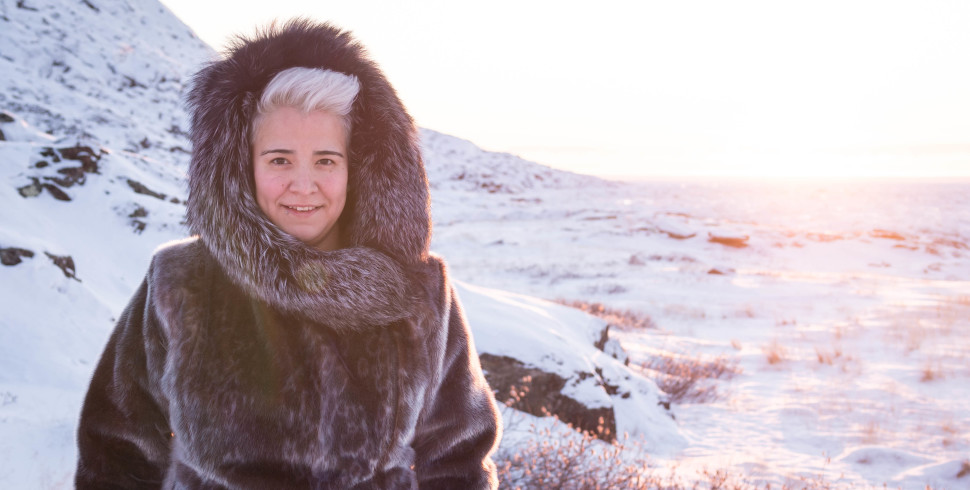




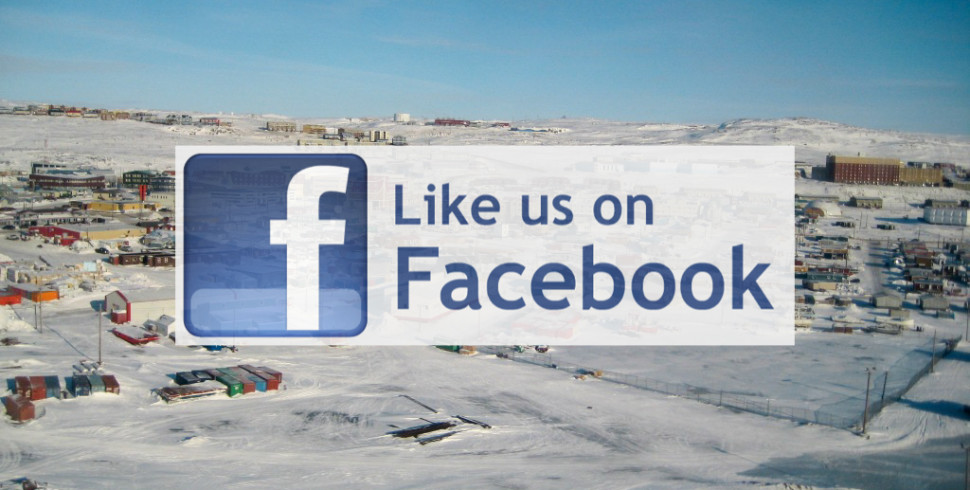
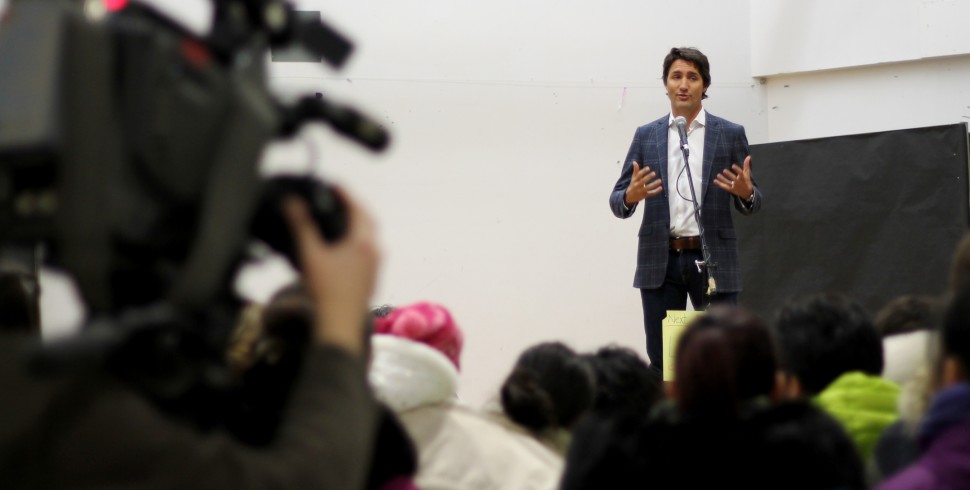
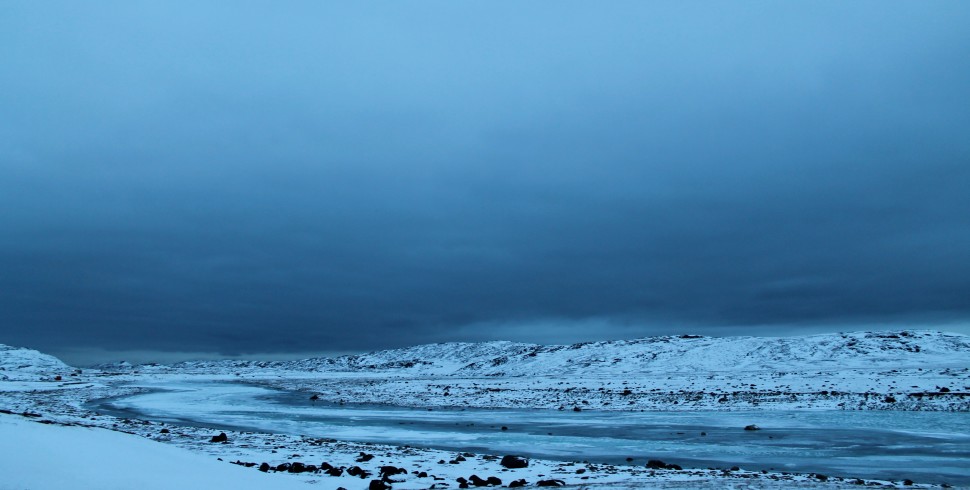
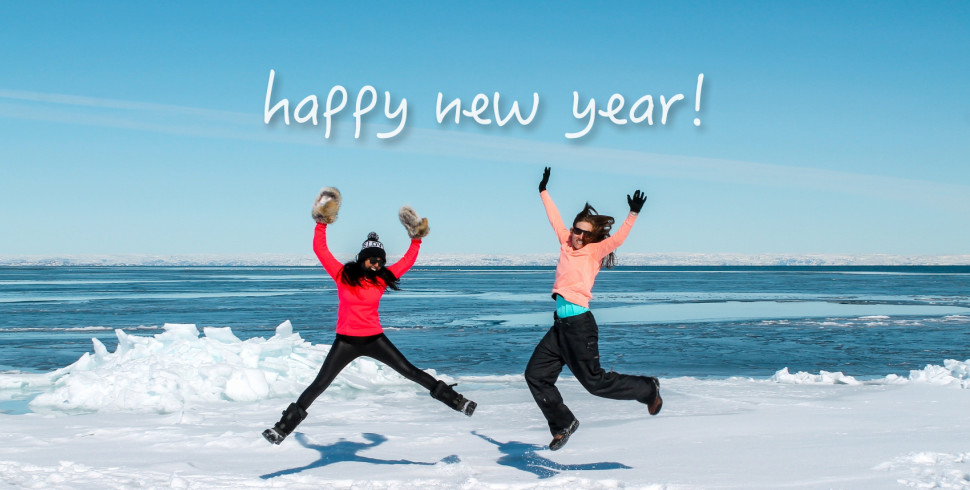

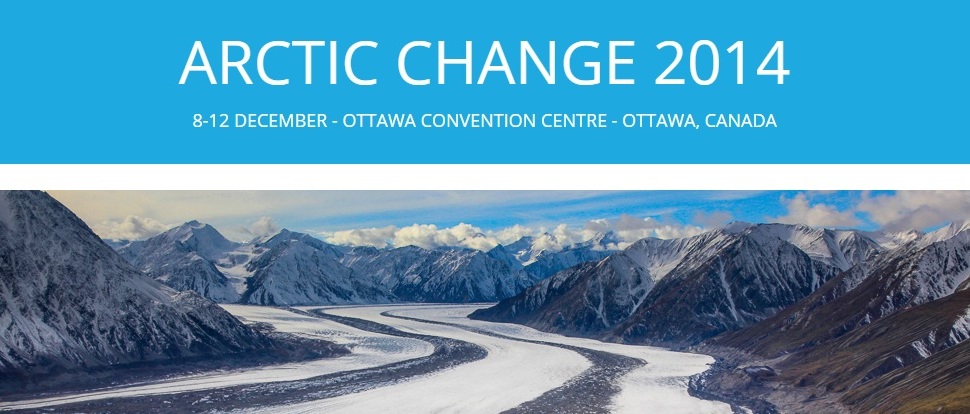
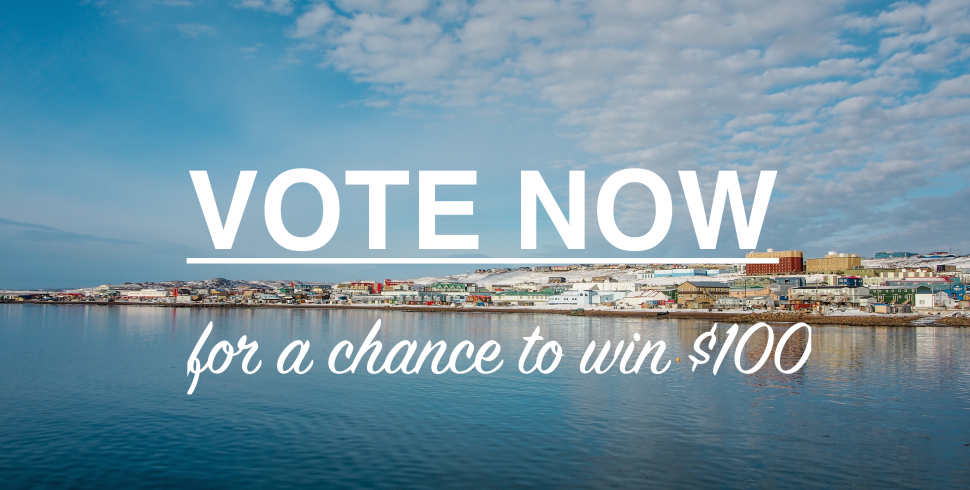
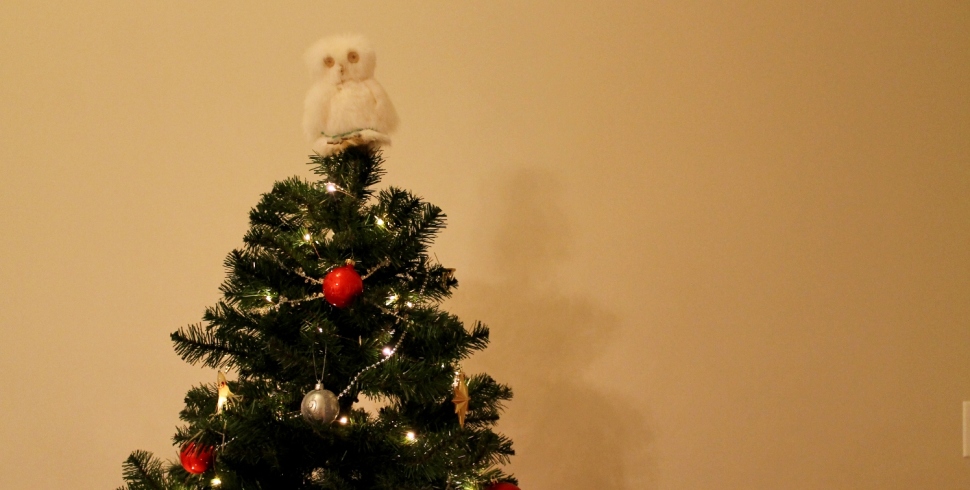
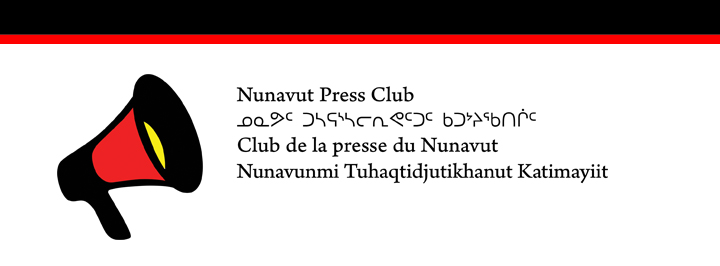
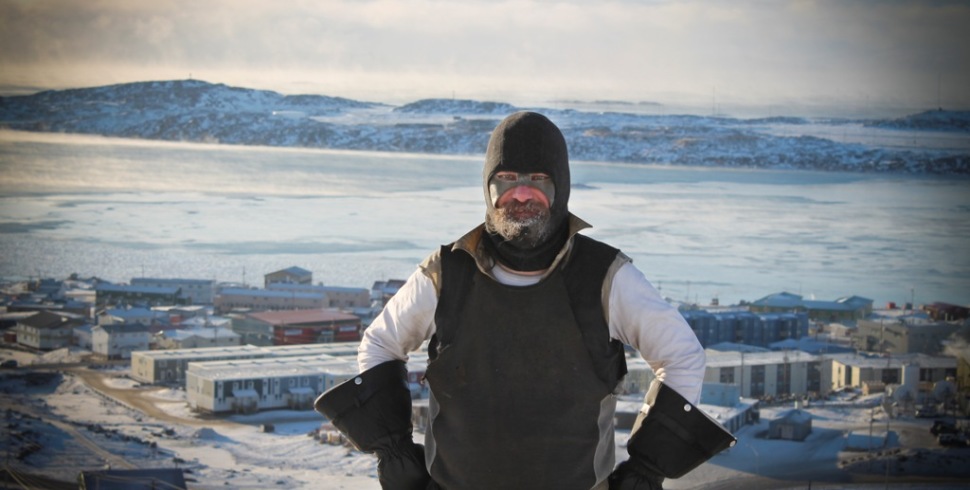
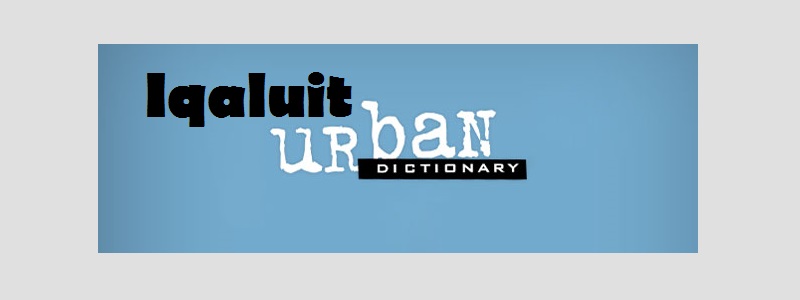
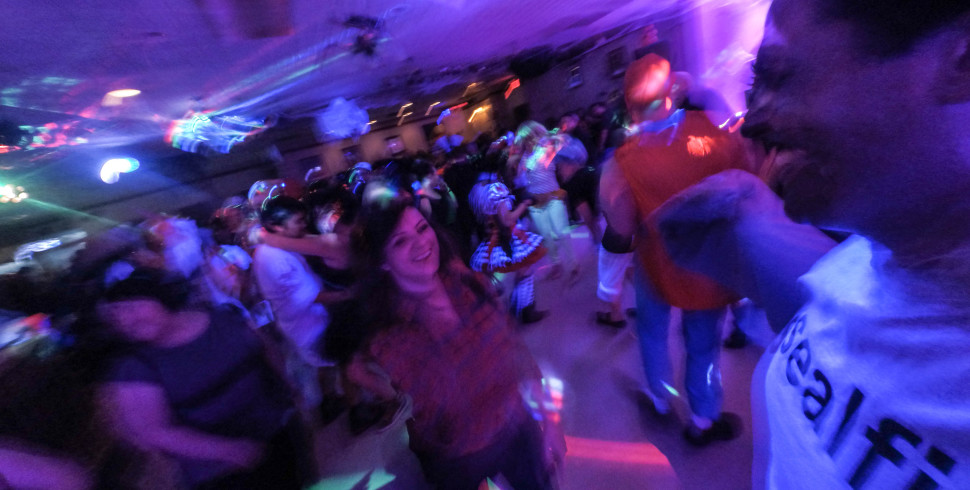
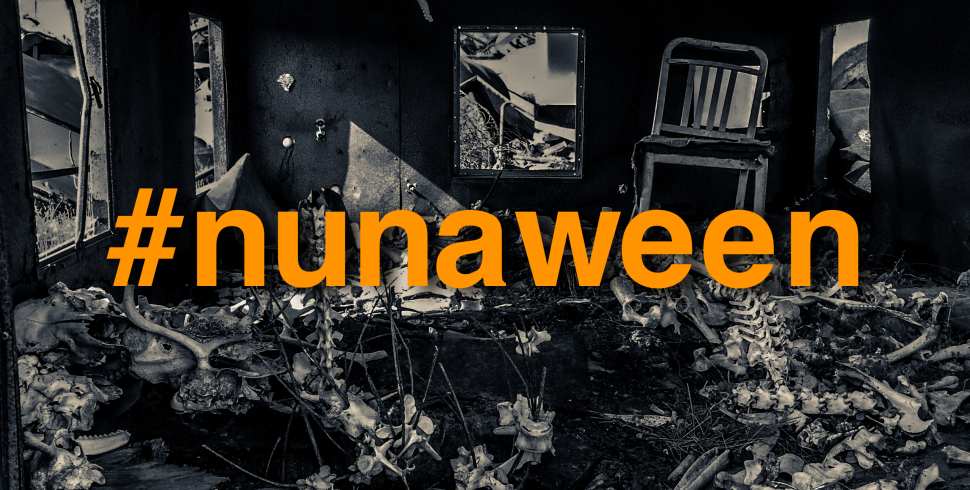

![[GUEST POST] How to Buy Alcohol in Iqaluit](http://findingtruenorth.ca/wp-content/uploads/2014/10/IMG_7936-970x490.jpg)
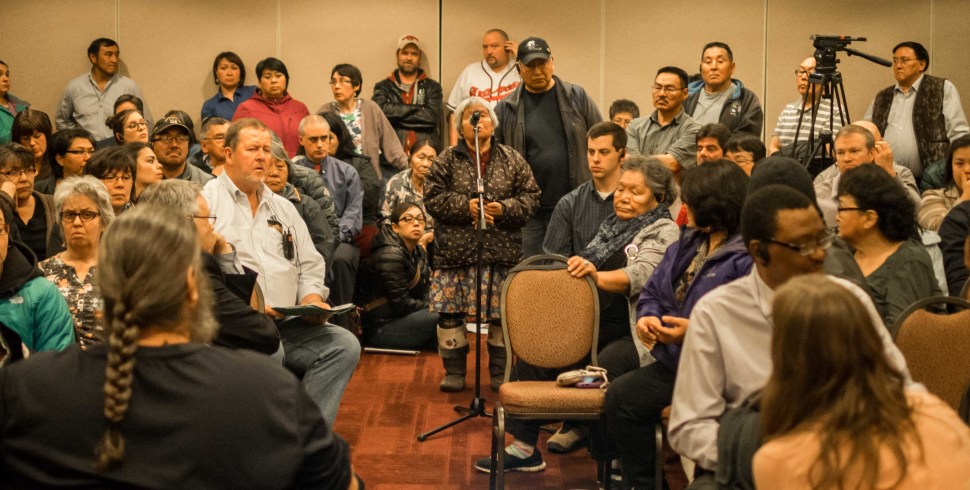
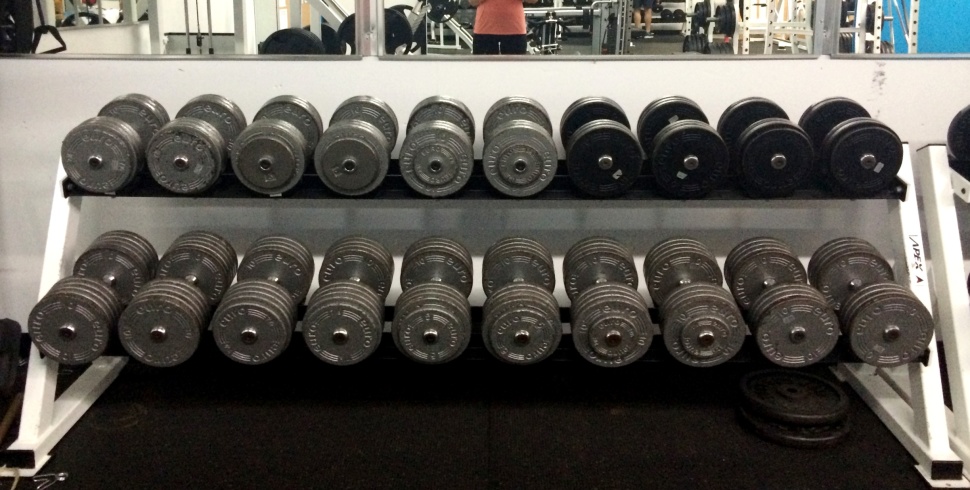
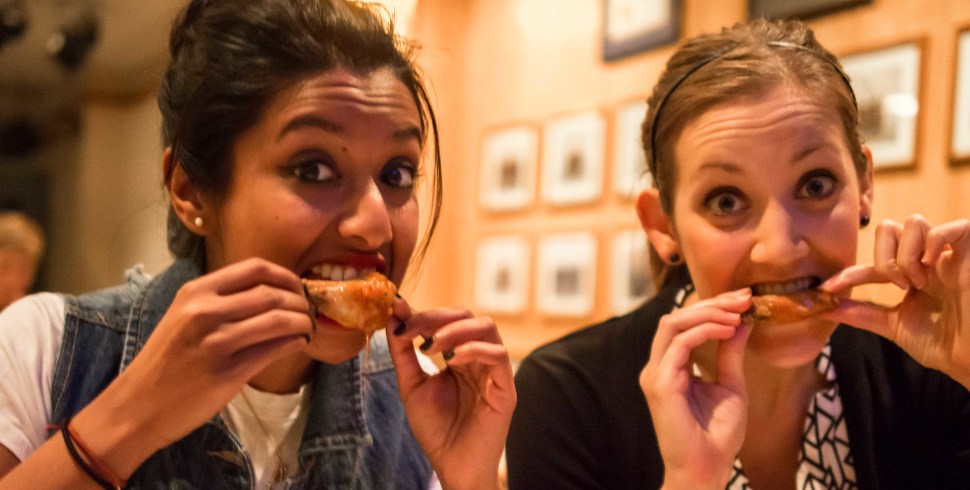
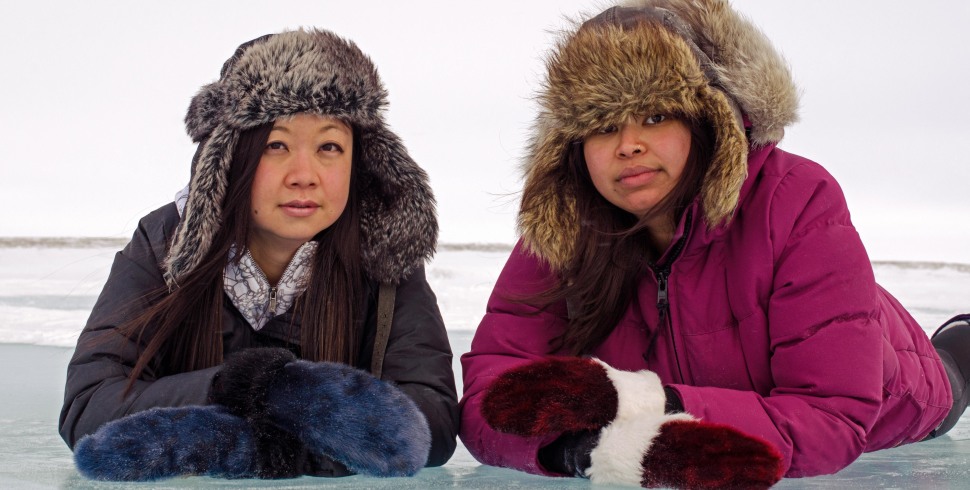
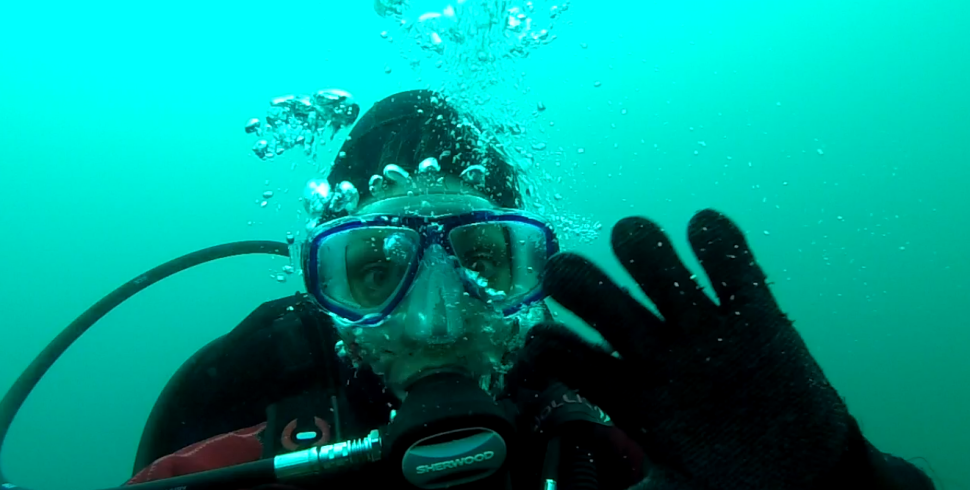
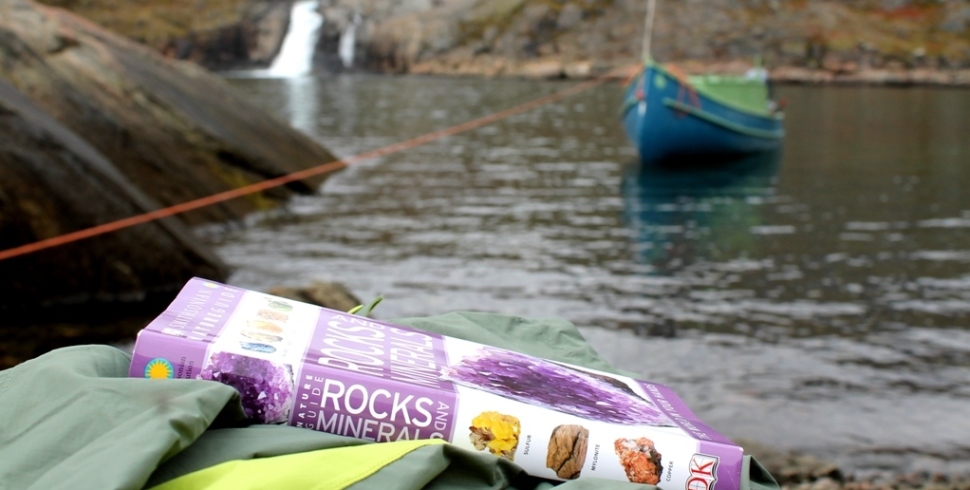
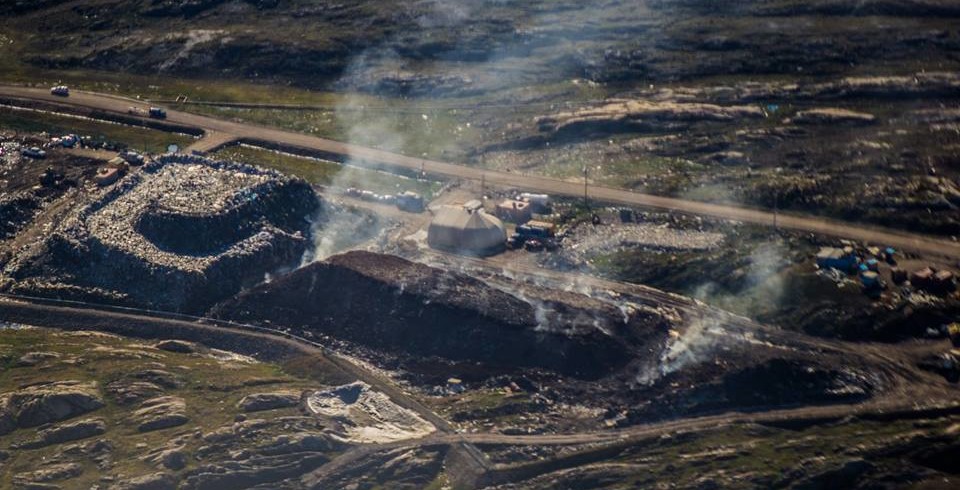
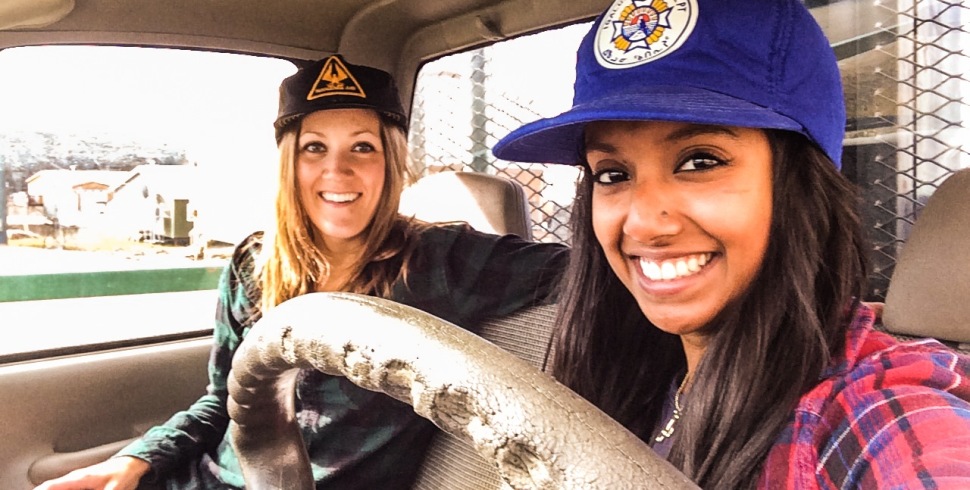
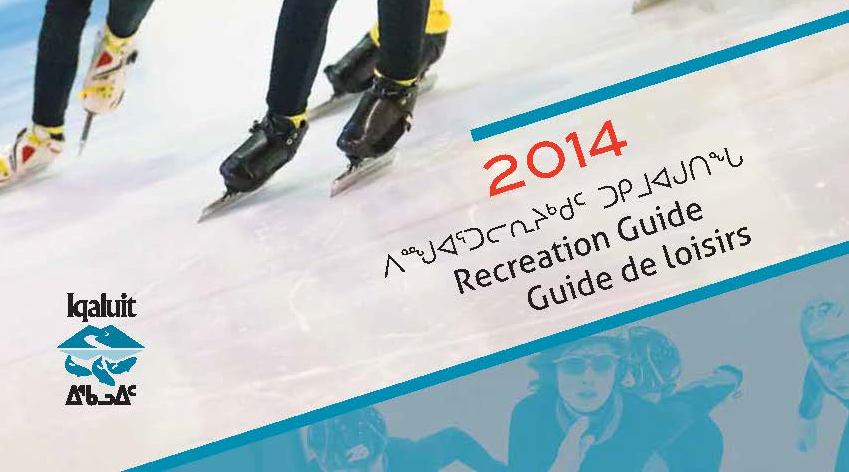
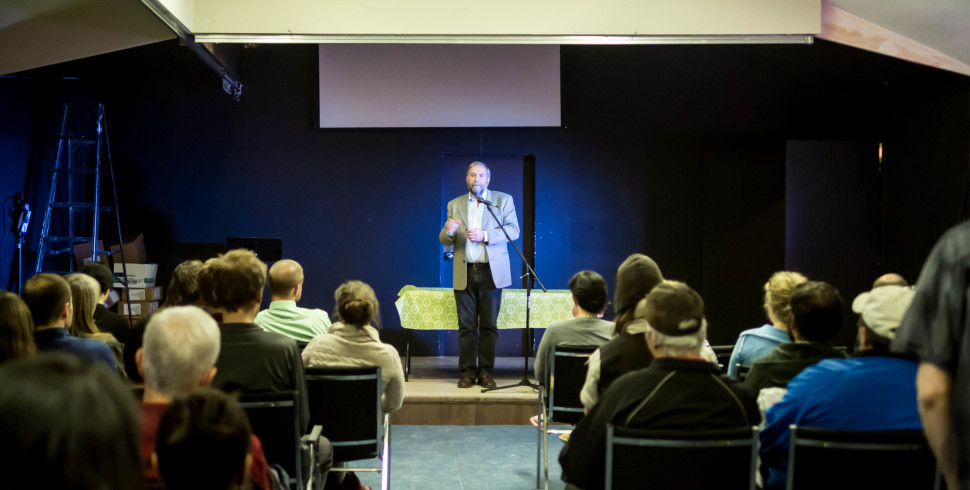

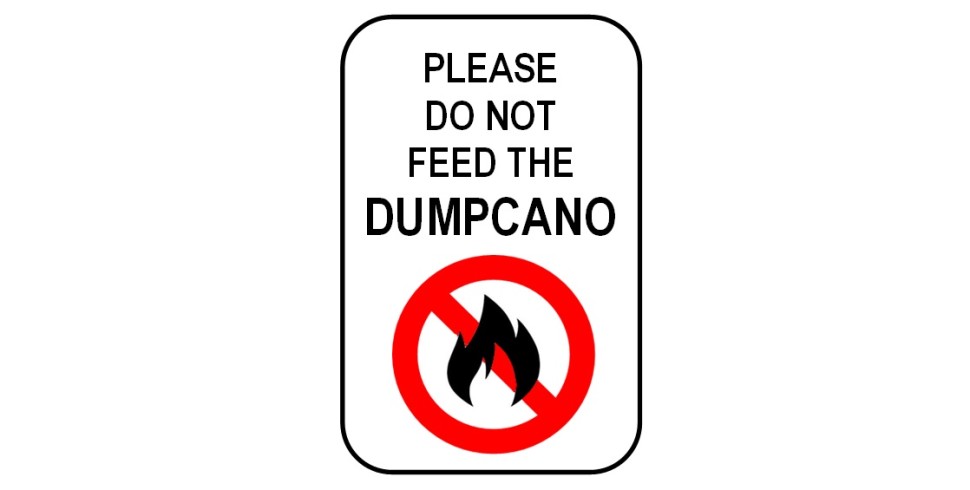
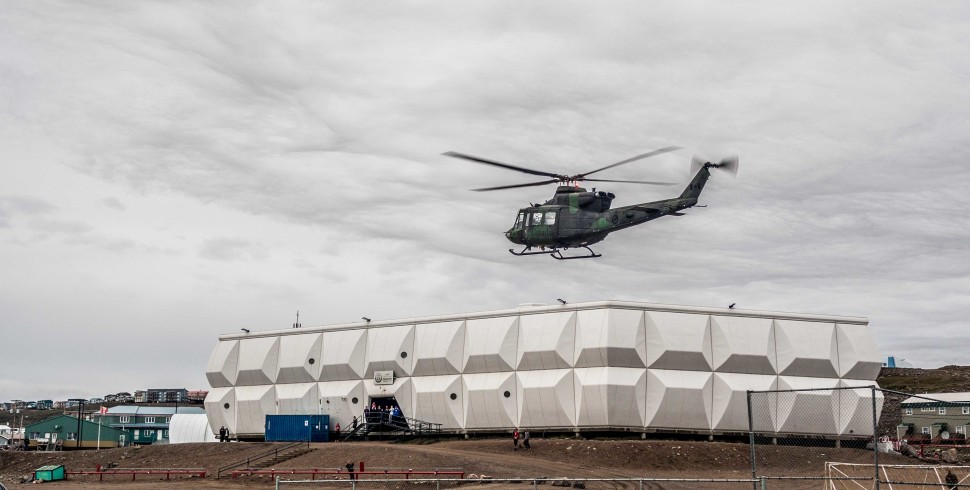
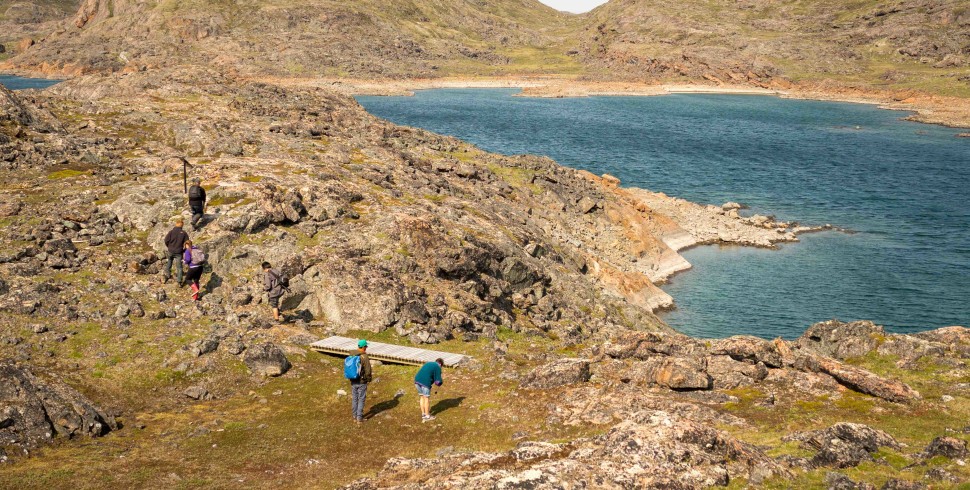
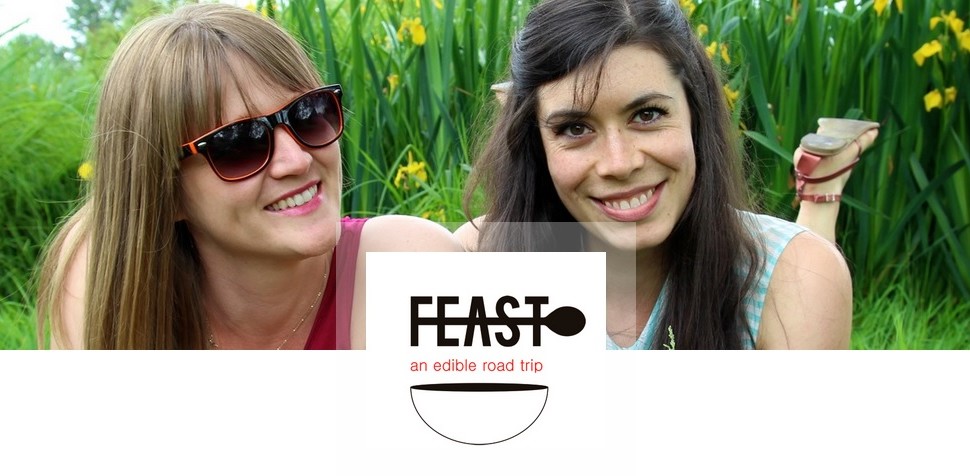
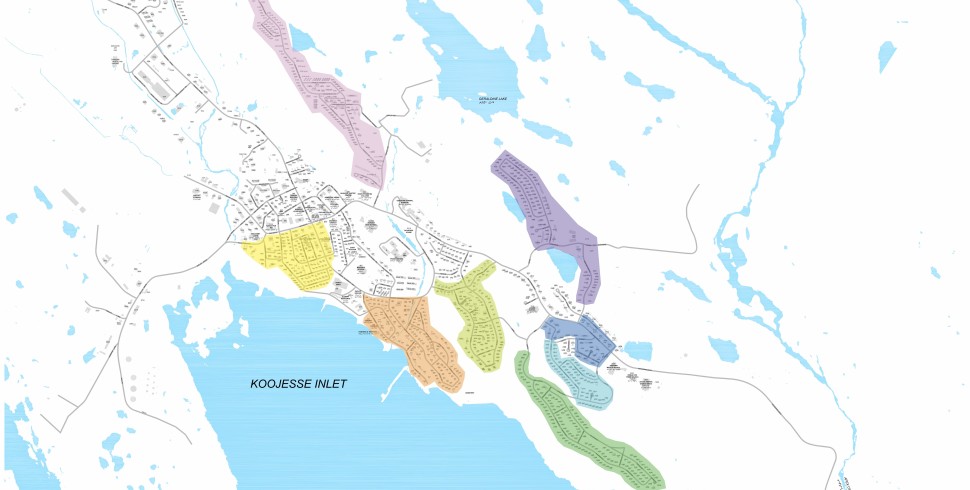
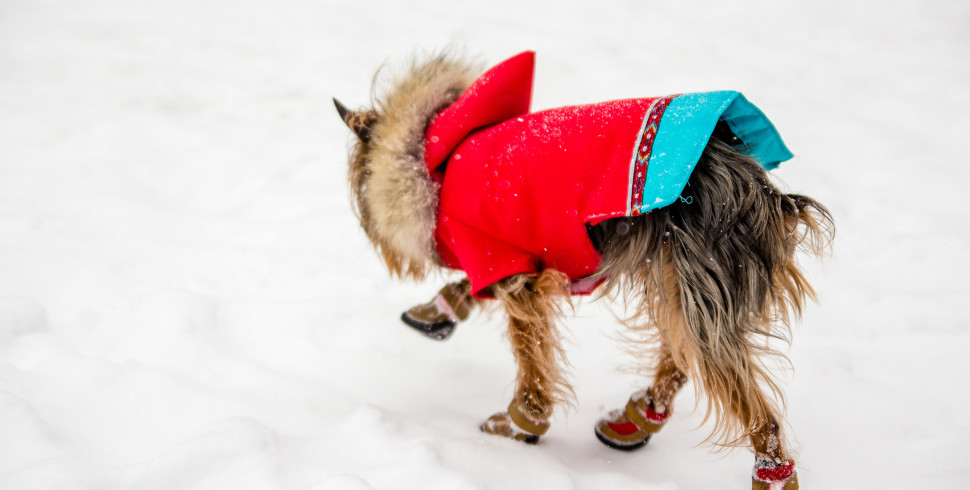
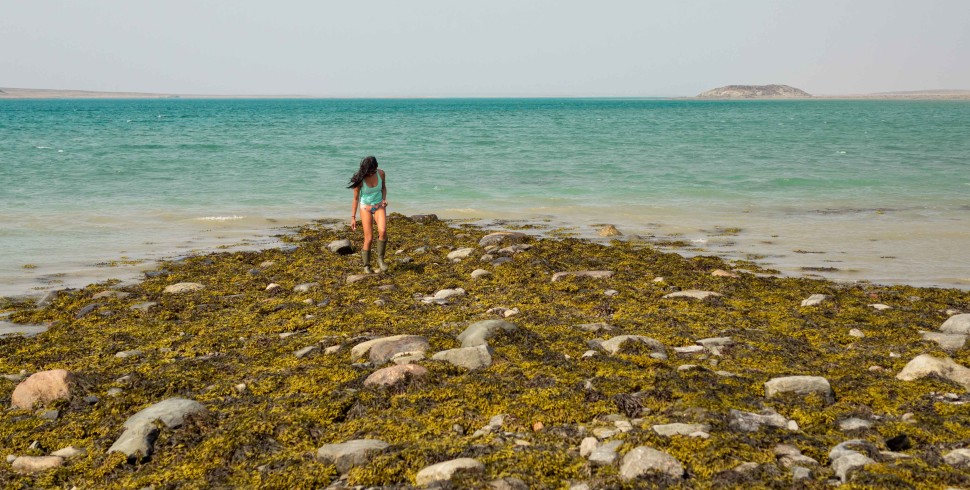
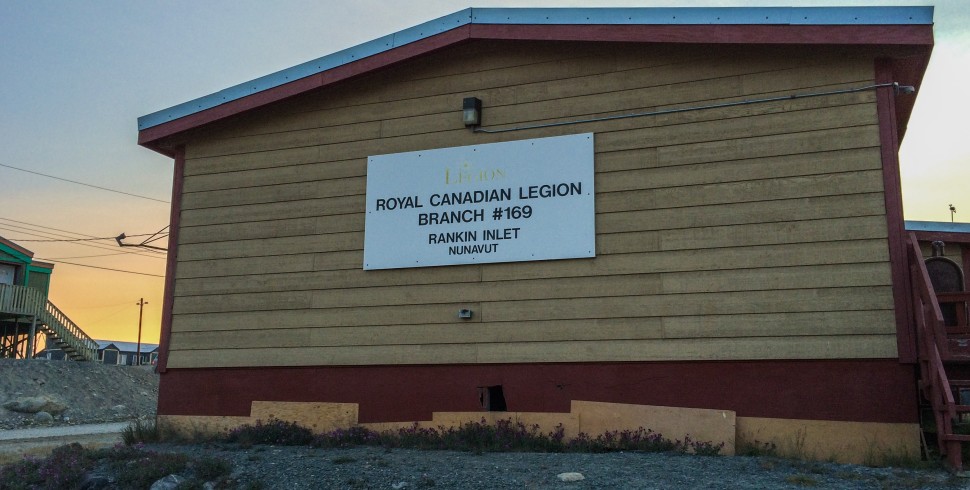
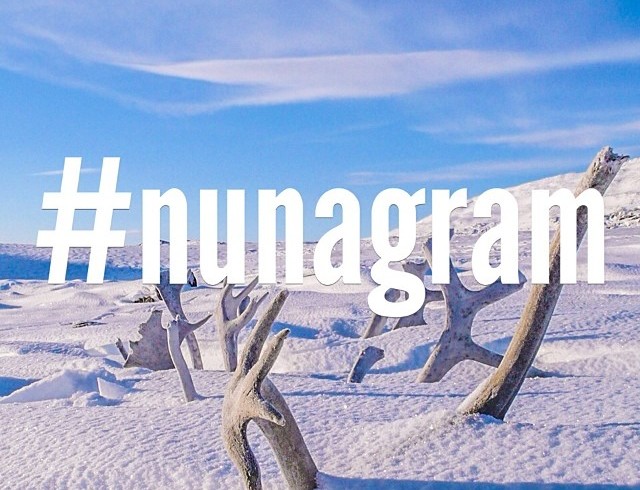
![[Guest Post] Iqaluit Community Greenhouse: Oasis in the Tundra](http://findingtruenorth.ca/wp-content/uploads/2014/07/375665_10151742048070379_1152923082_n-612x490.jpg)
![[GUEST POST] Absolute Car-nage: A Field Guide to the Bumpers of Iqaluit](http://findingtruenorth.ca/wp-content/uploads/2014/07/iqaluit-field-guide-970x490.jpg)
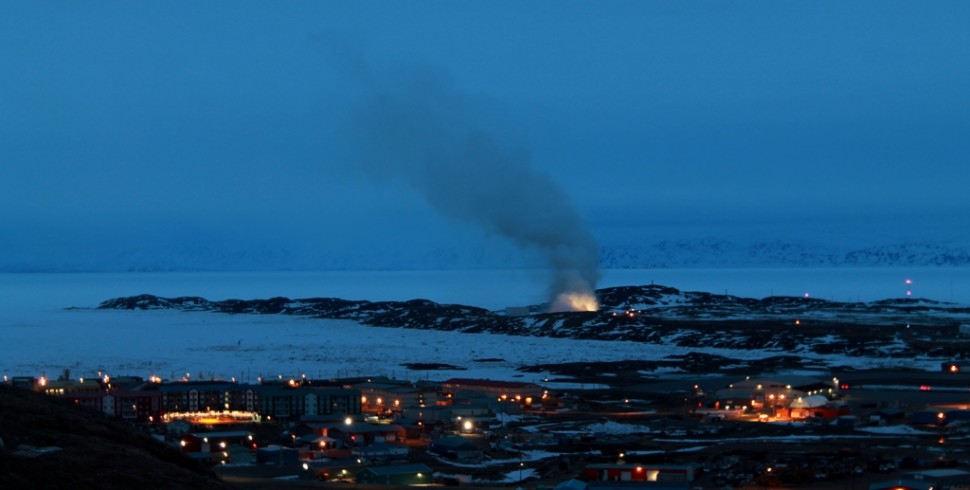

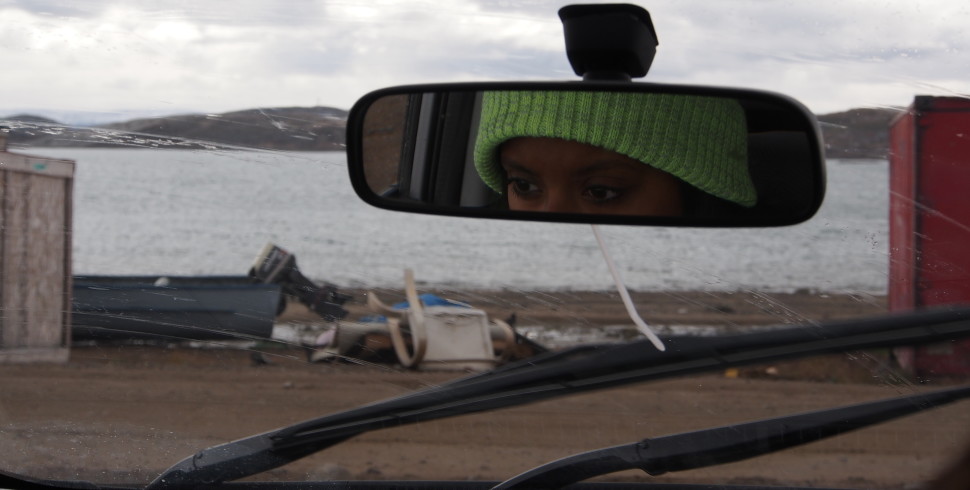
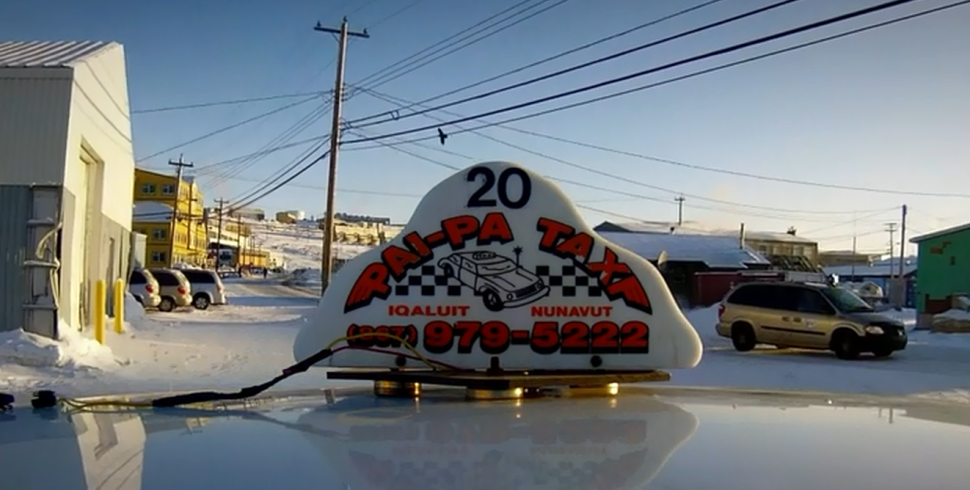

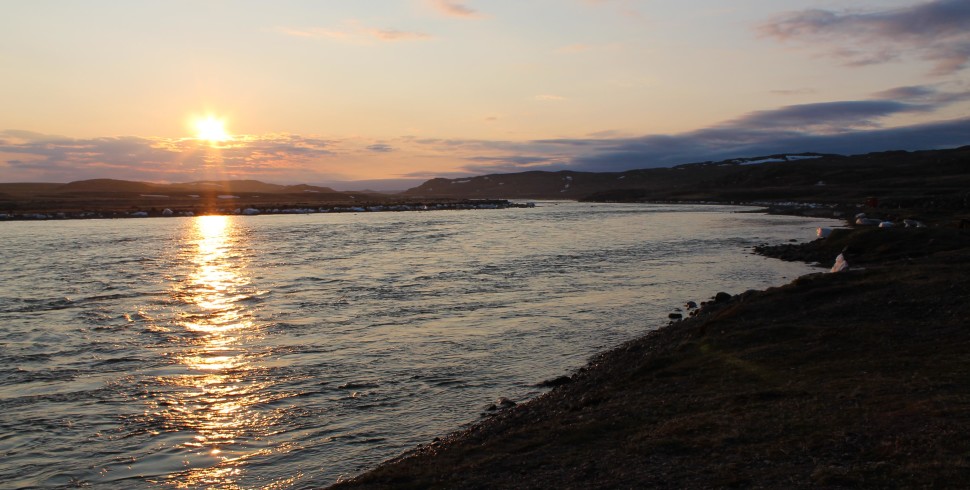
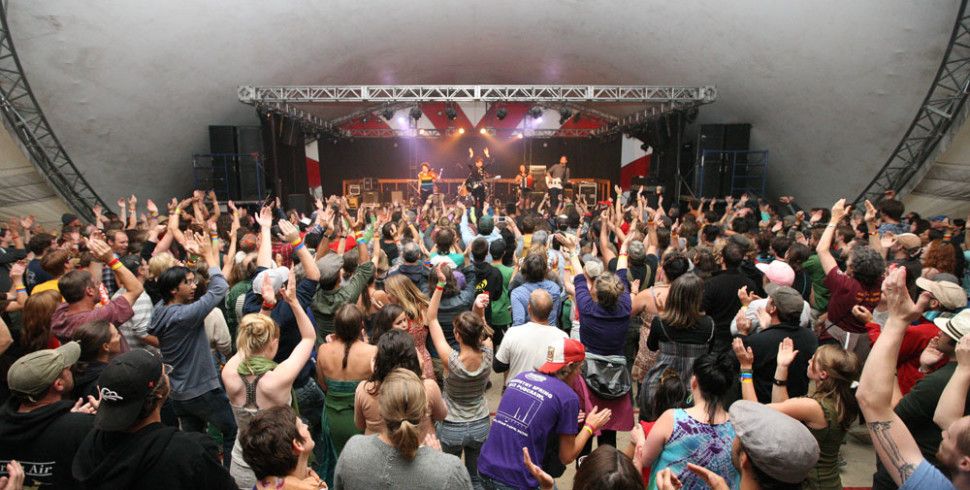

![[GUEST POST] How to Sealift to Iqaluit](http://findingtruenorth.ca/wp-content/uploads/2014/06/sealift-bay-970x490.jpg)
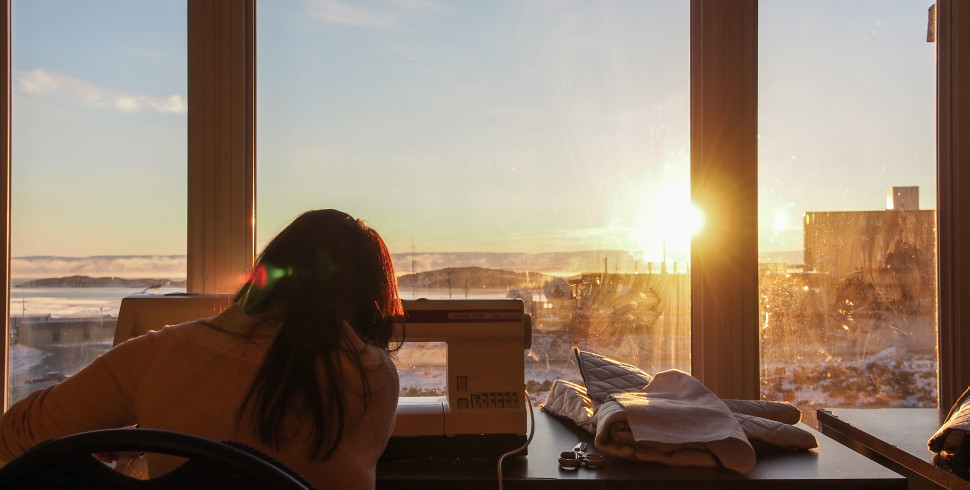
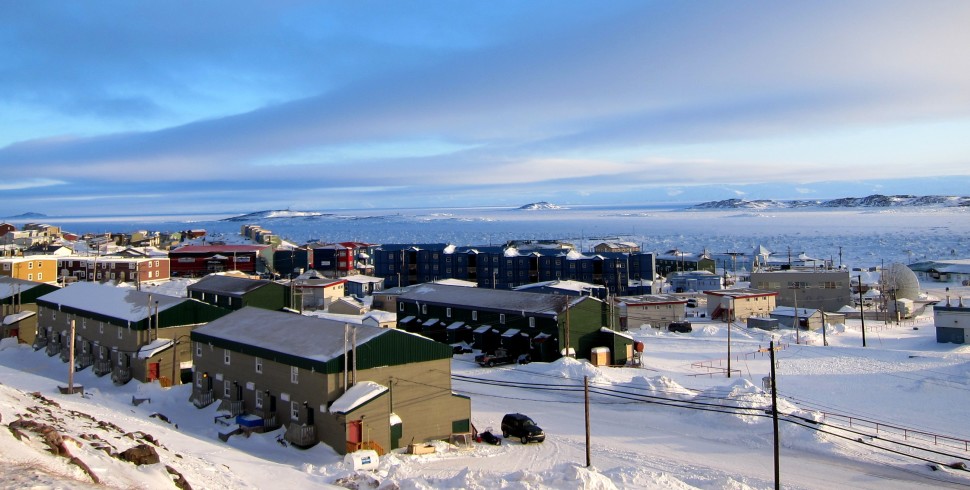
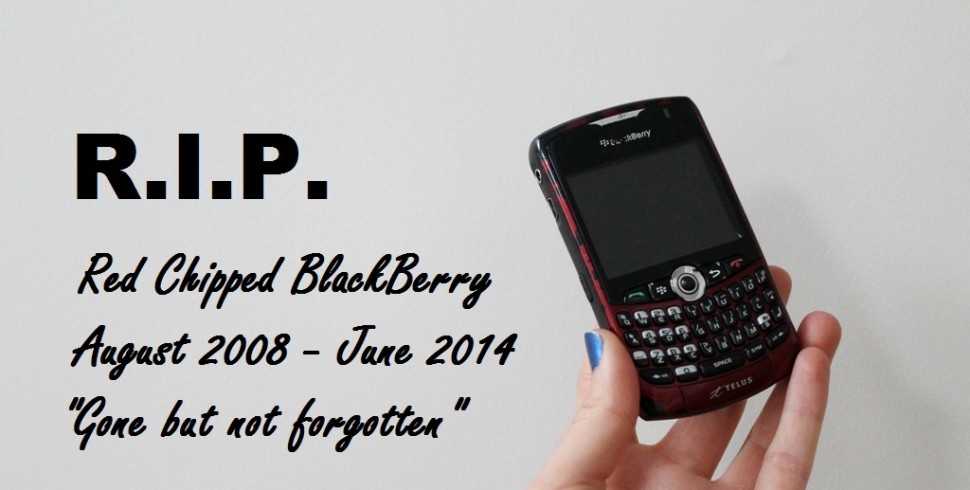
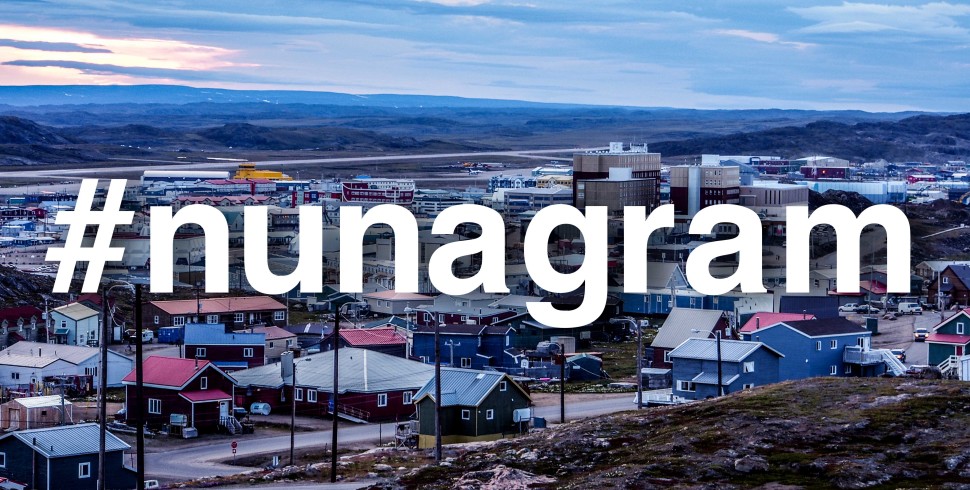
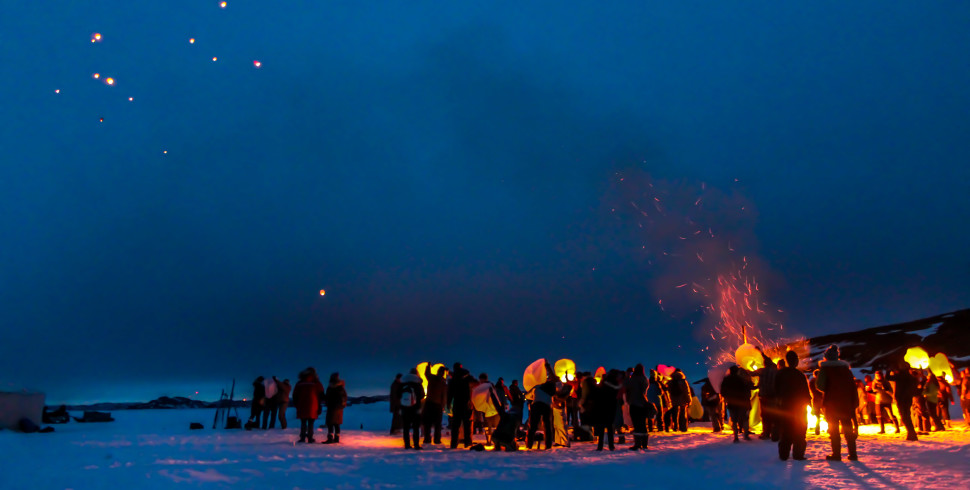
![[GUEST POST] Communications: Nunavut News Thursday, May 22, 2014 13:30](http://findingtruenorth.ca/wp-content/uploads/2014/05/DumpFire-970x490.jpg)
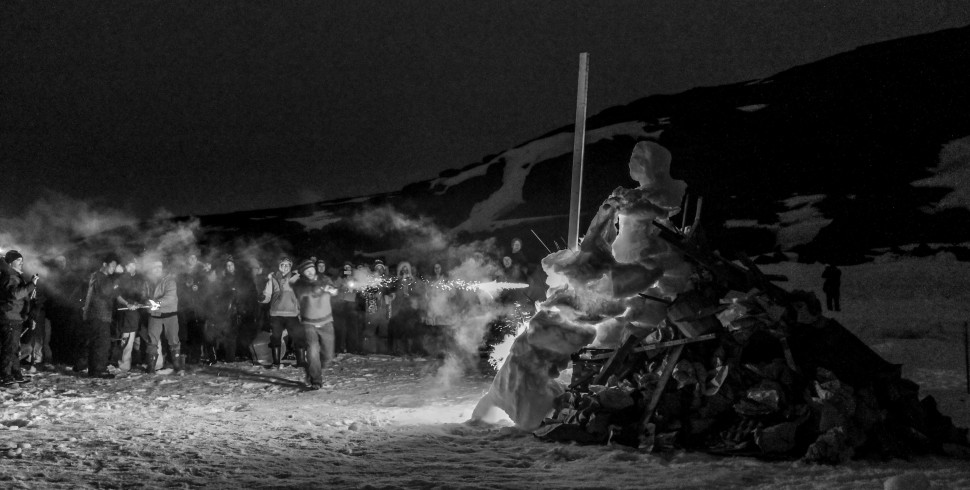
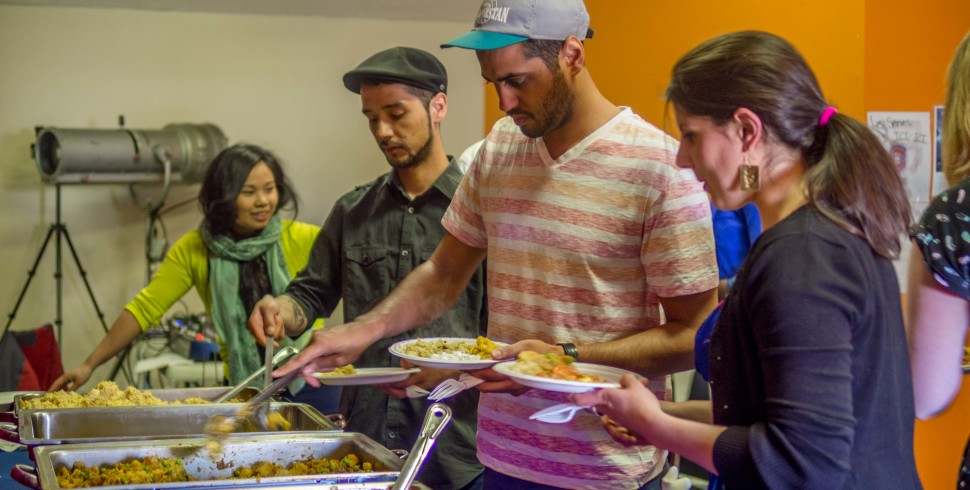
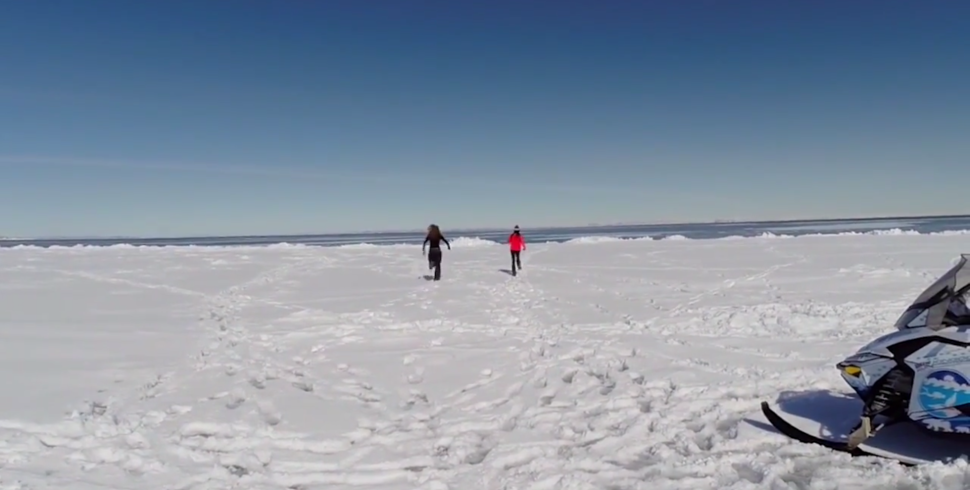

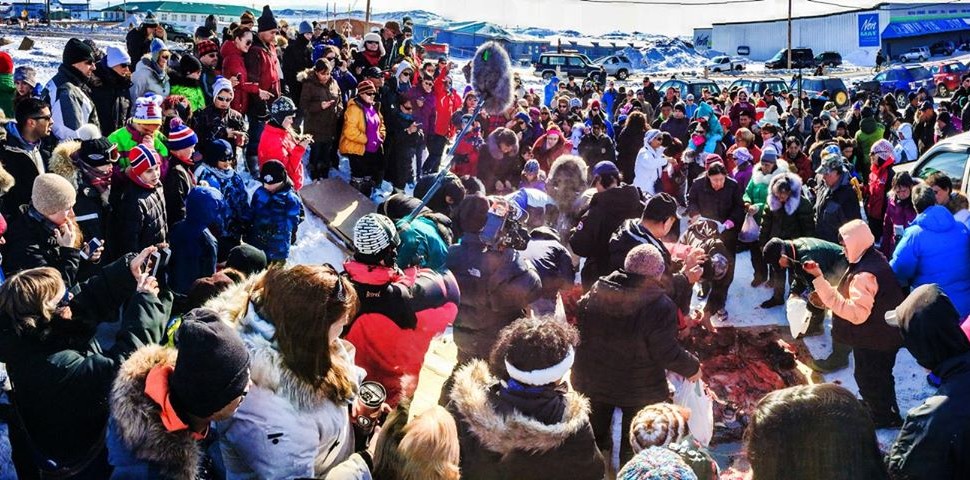
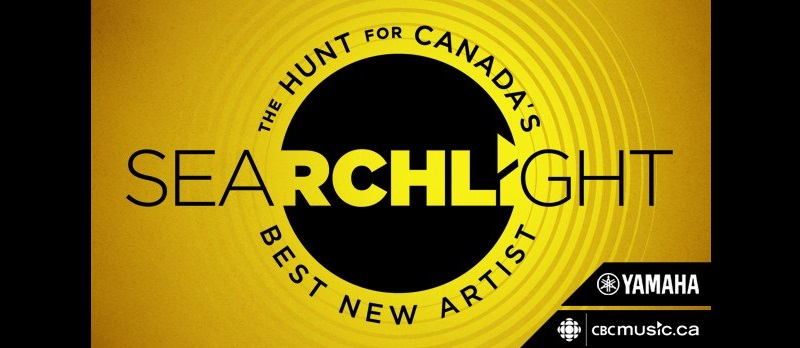

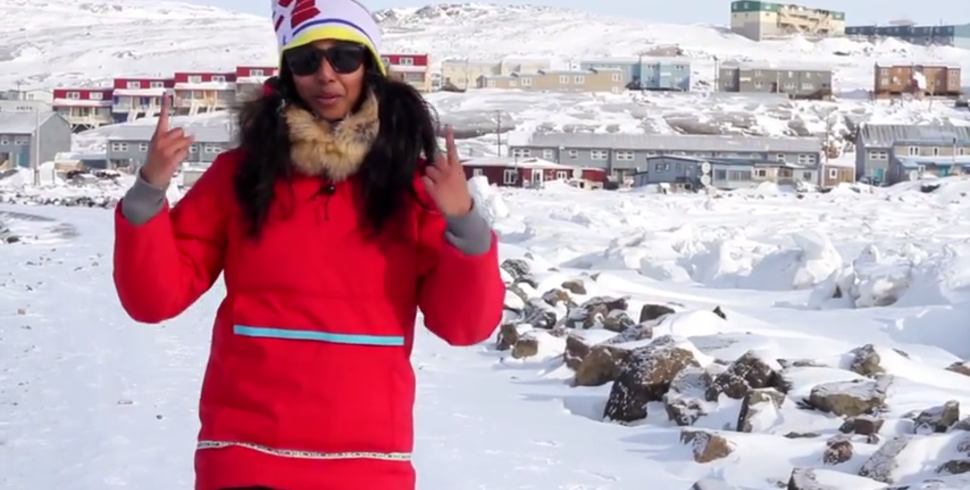
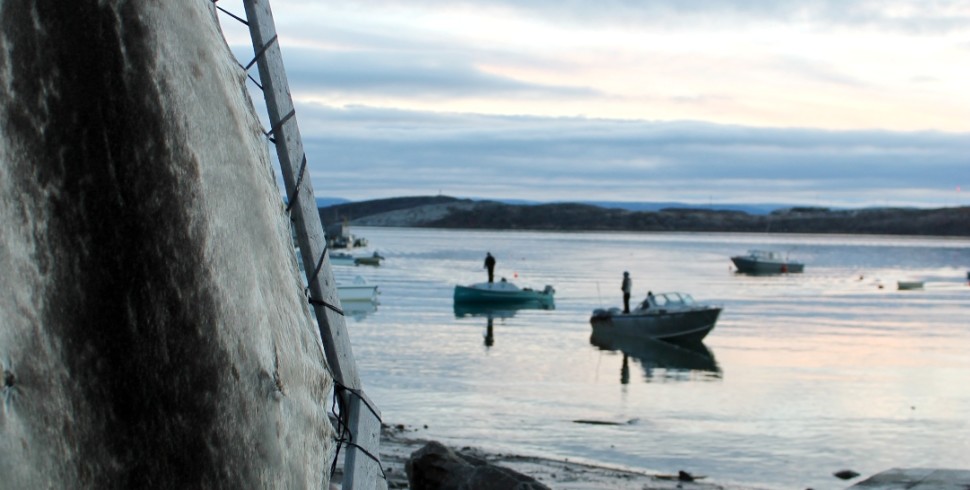
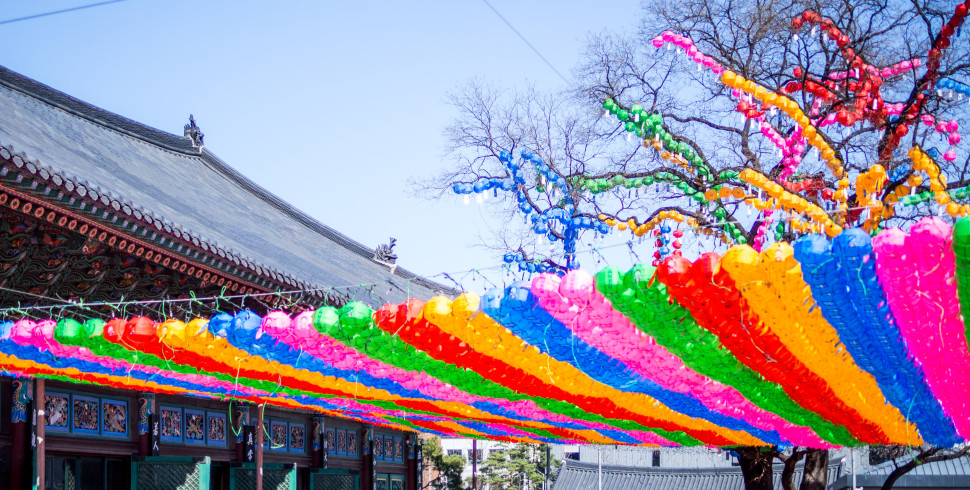

![[GUEST POST] Gustavo’s Guide to Aeroplan, Part Two: Booking a Reward Ticket](http://findingtruenorth.ca/wp-content/uploads/2014/03/plane-960x490.jpg)
![[GUEST POST] Aeroplan to Iqaluit, Part One: Choosing the Right Credit Card](http://findingtruenorth.ca/wp-content/uploads/2014/03/gustavo-ticket-2-970x490.jpg)
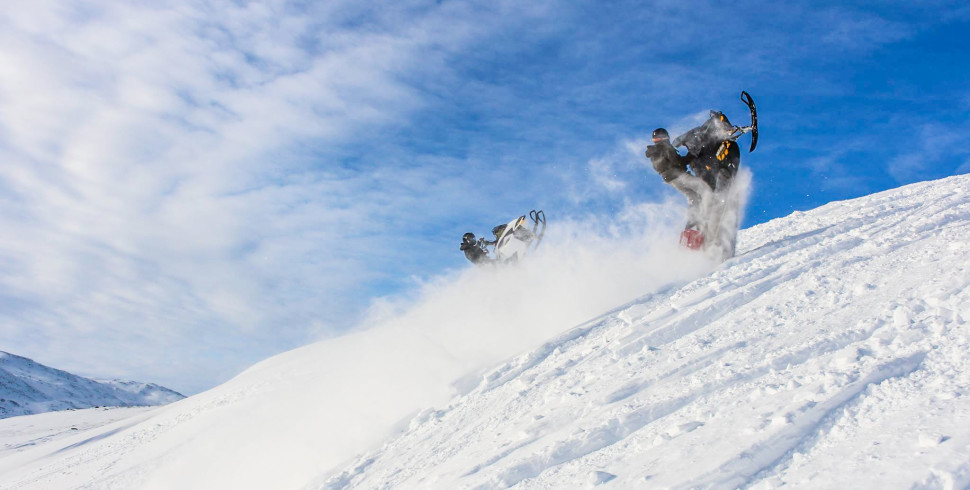
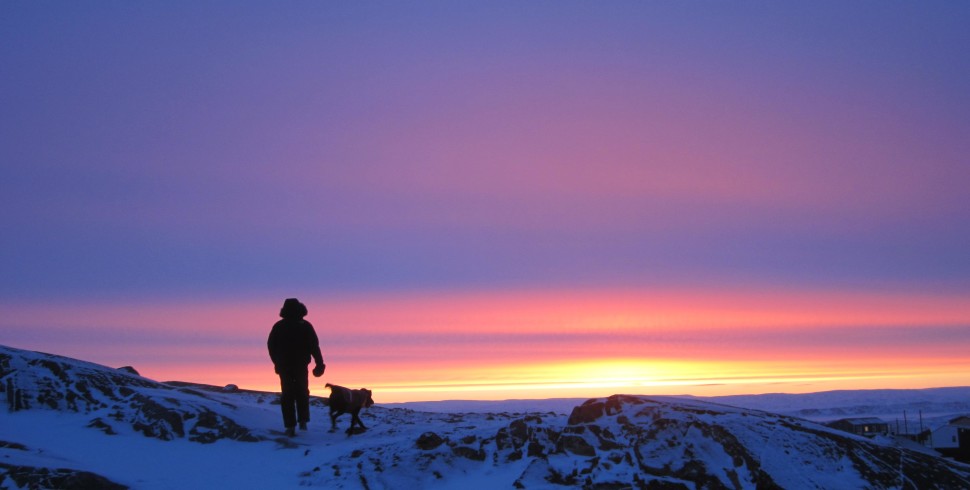

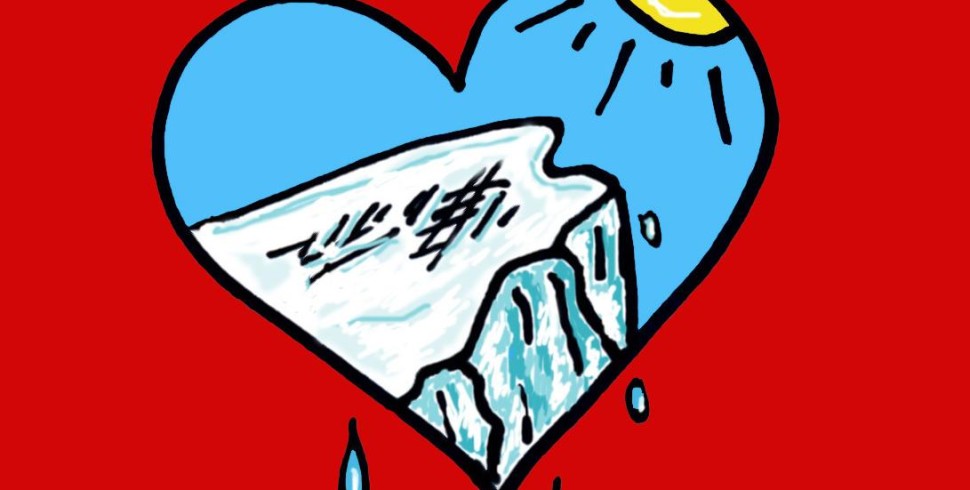
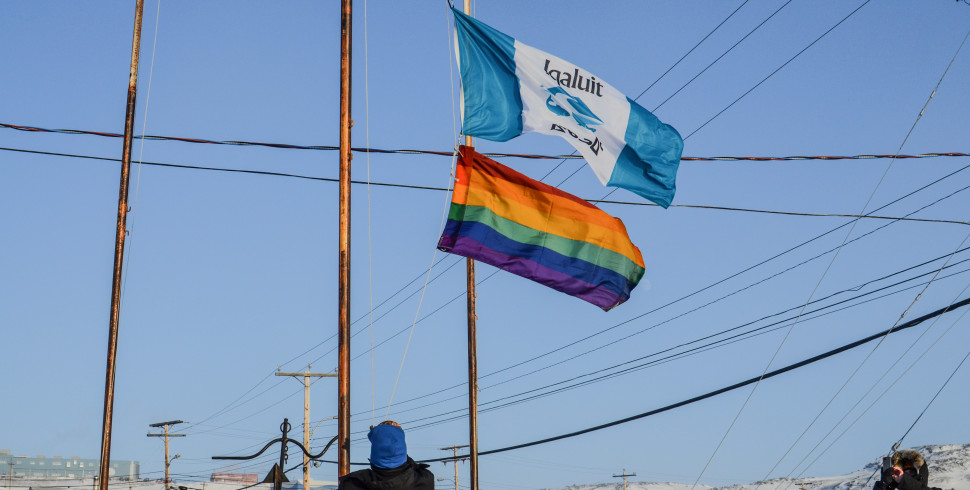
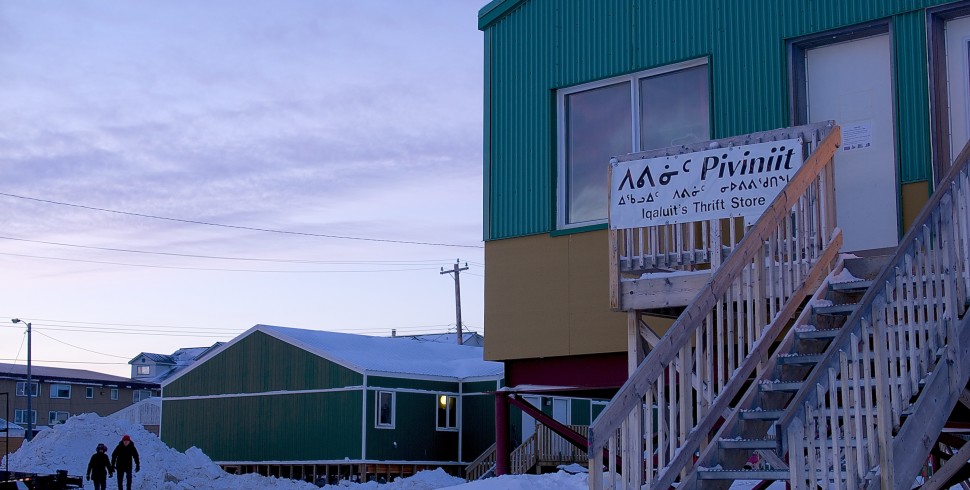
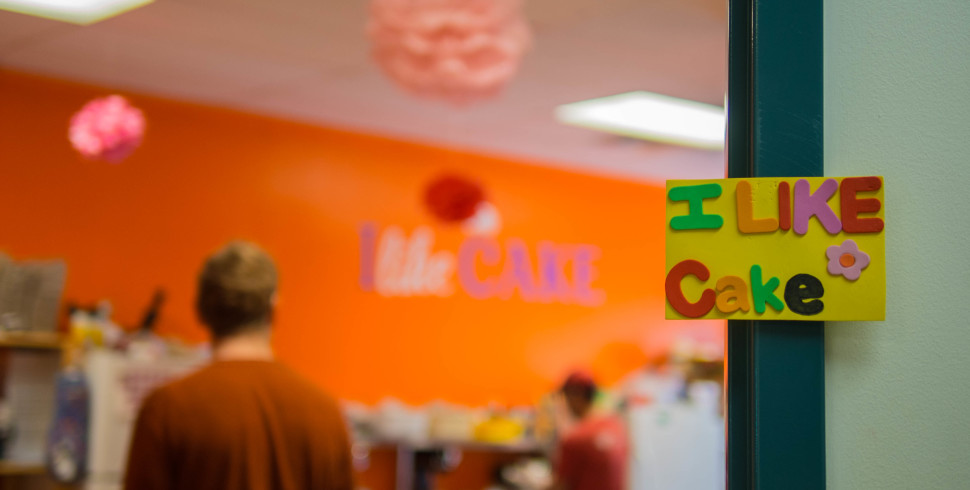
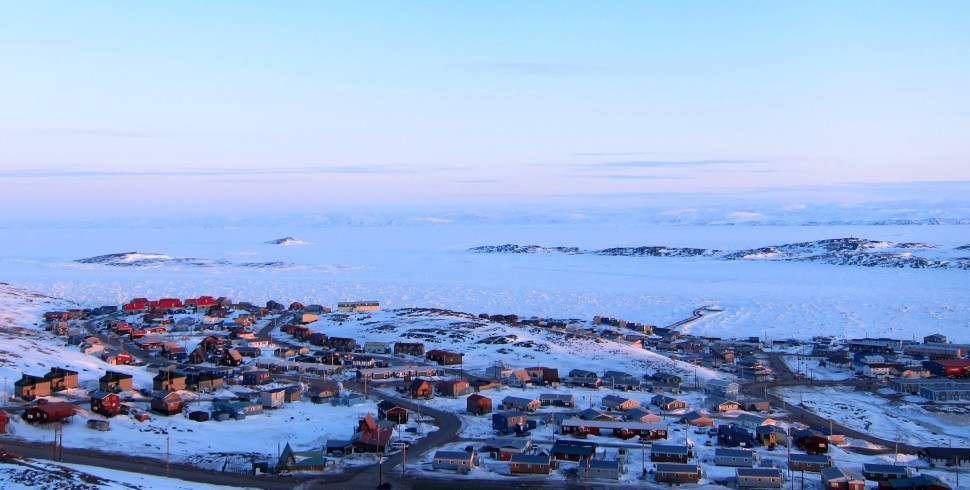
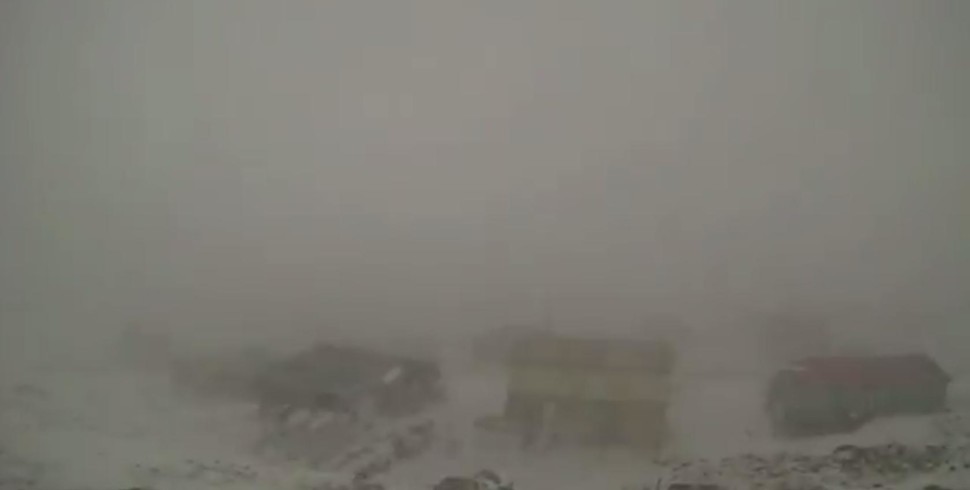
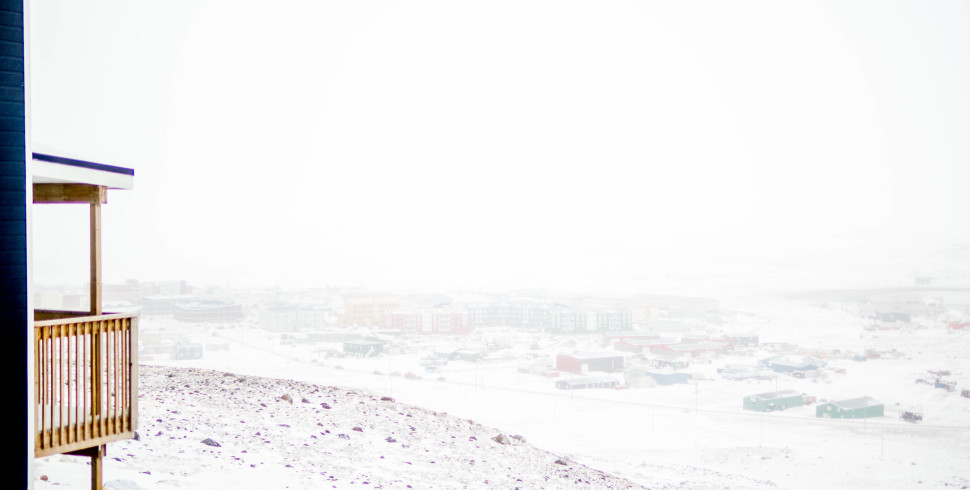
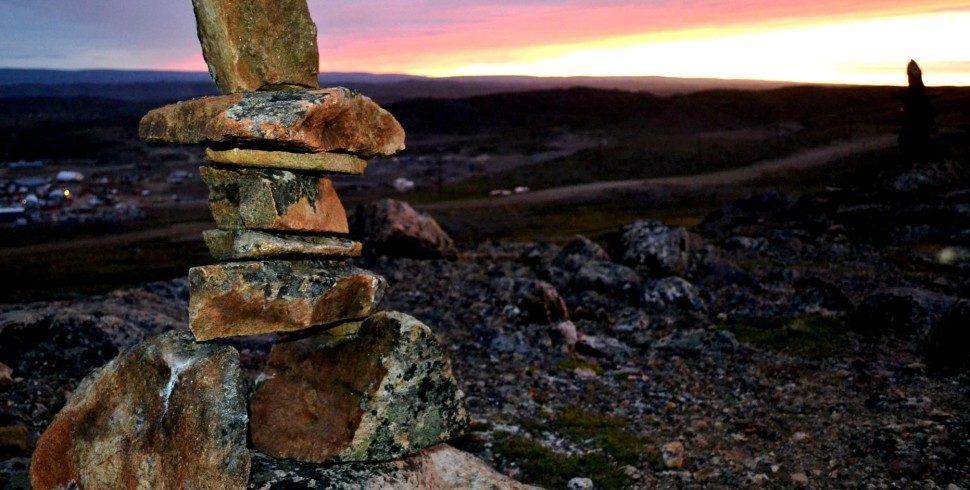
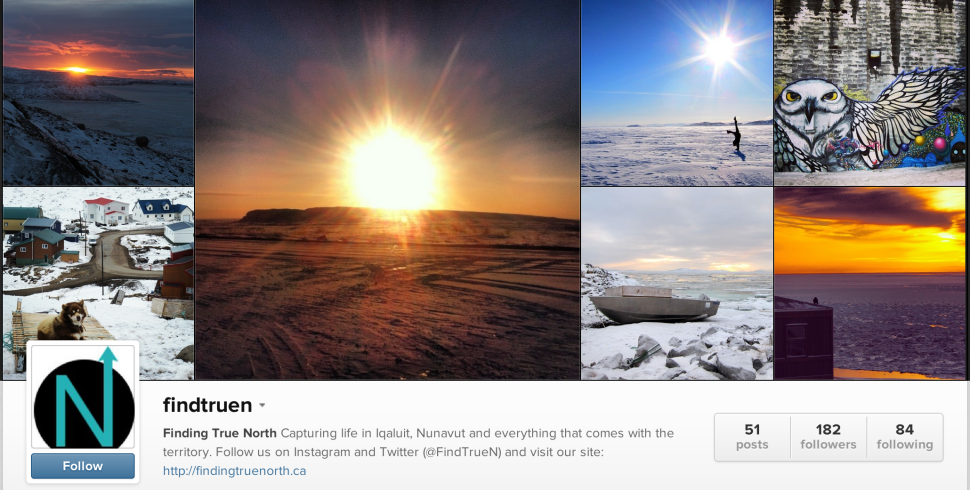
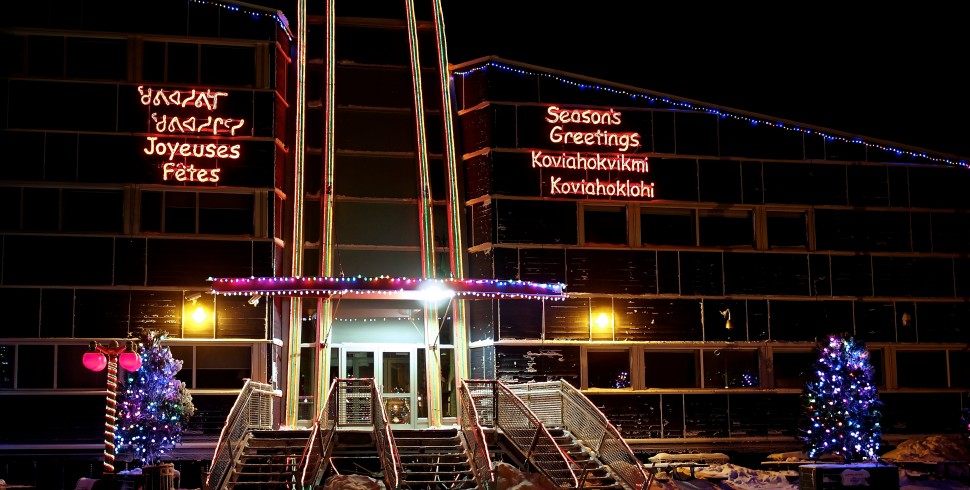
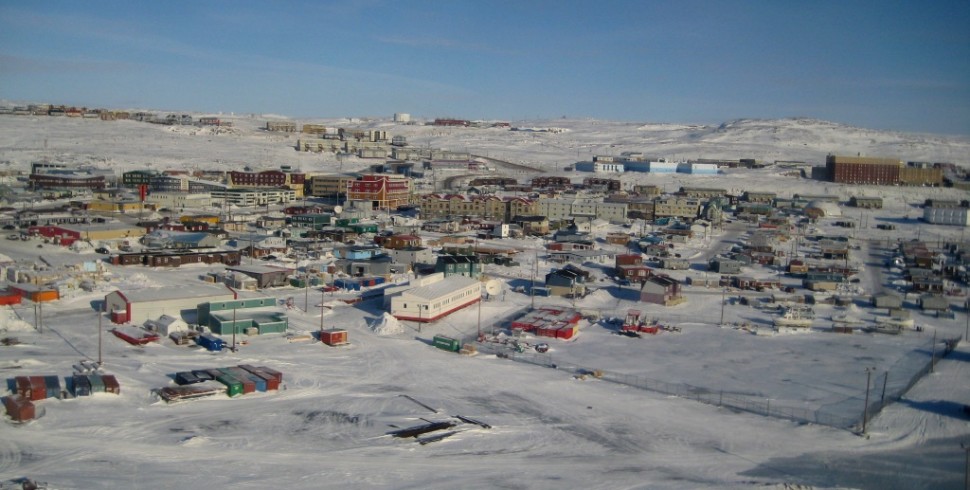
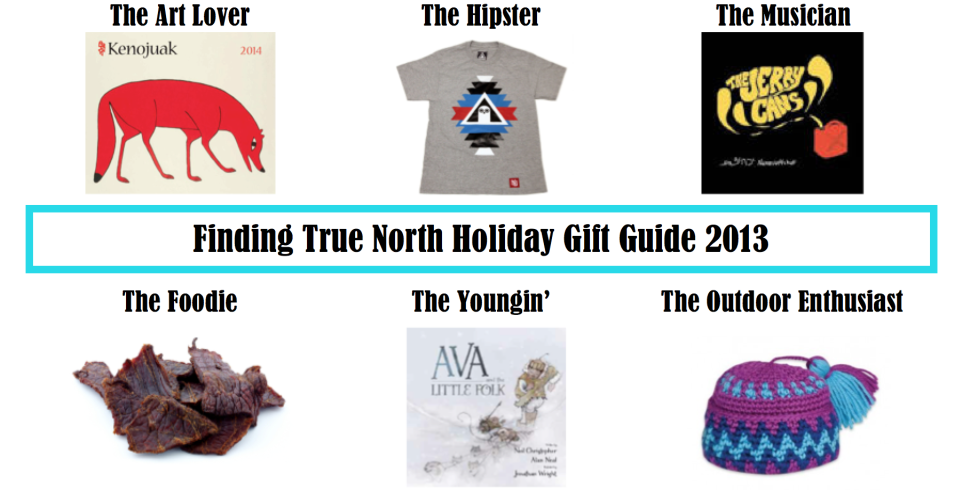
![[Guest Post] 10 Ways Iqaluit is Like a Campus](http://findingtruenorth.ca/wp-content/uploads/2013/12/picstitch-970x490.jpg)
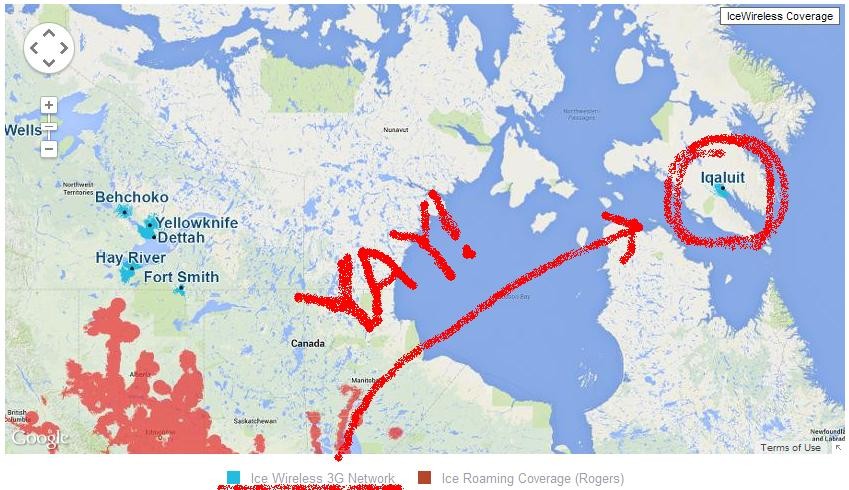
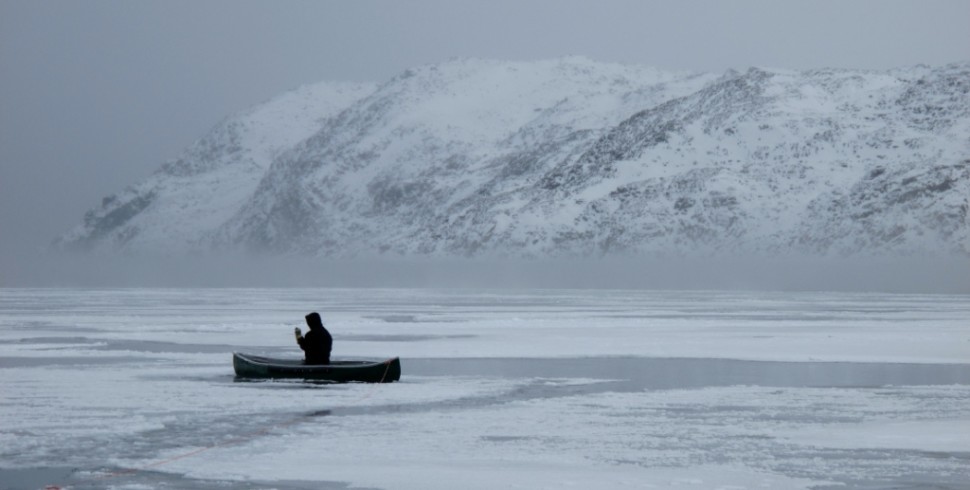
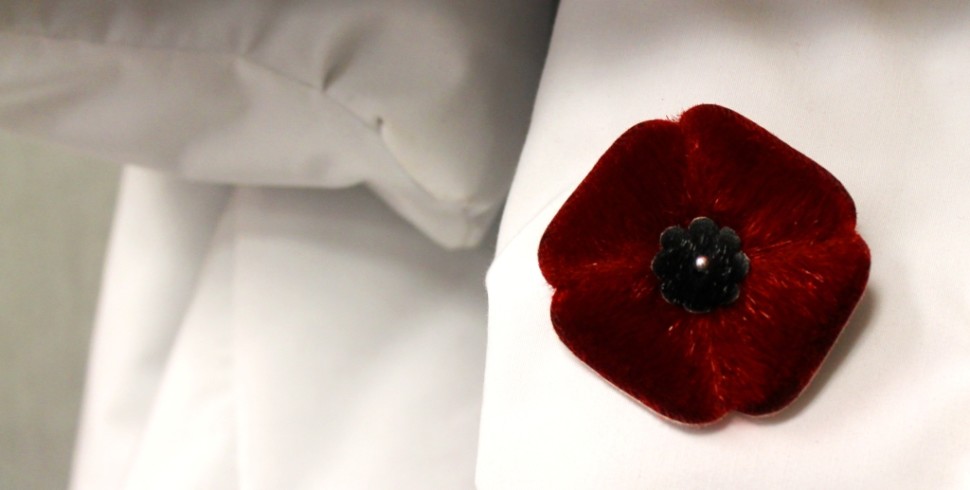

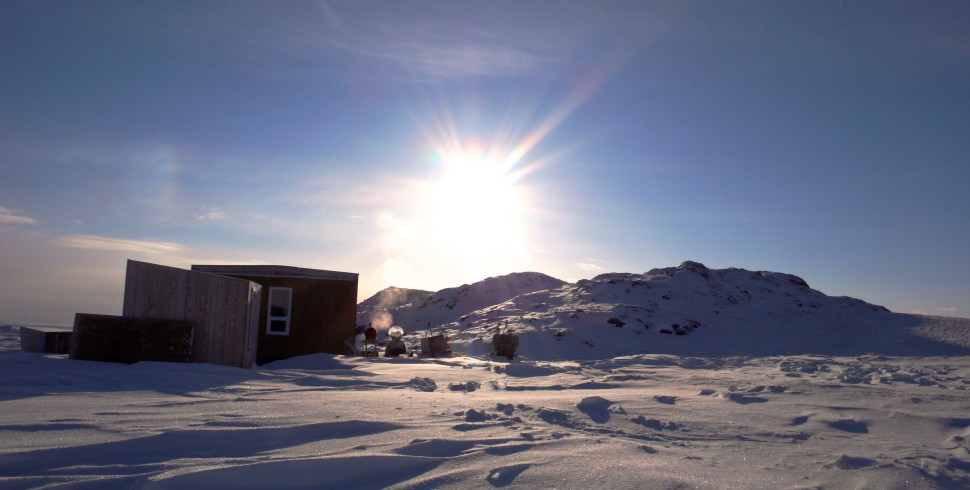
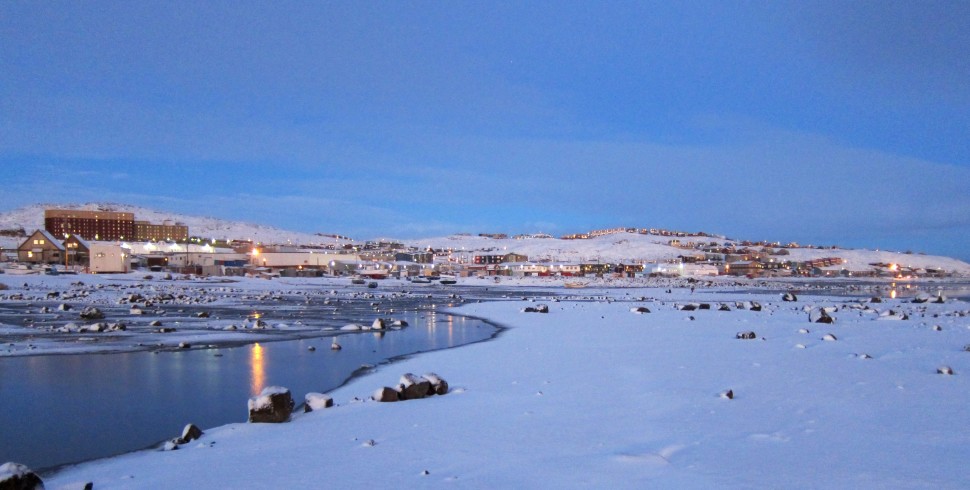
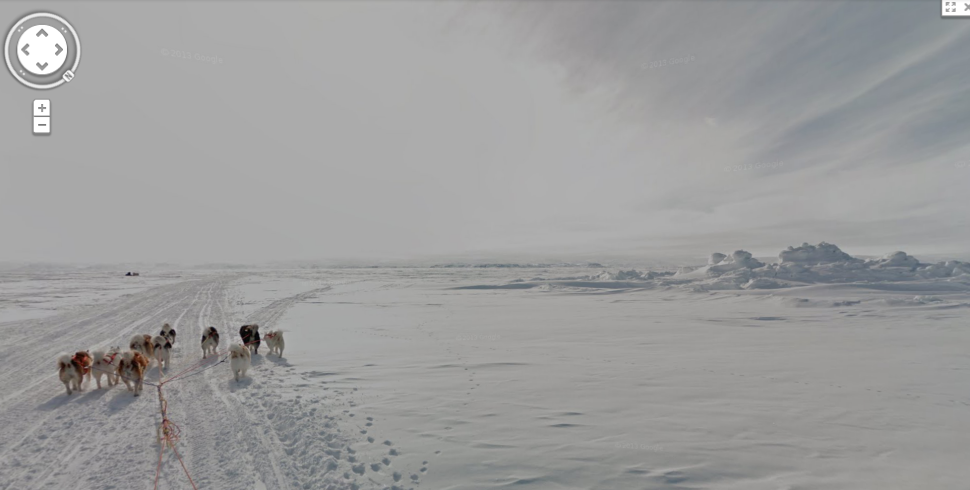

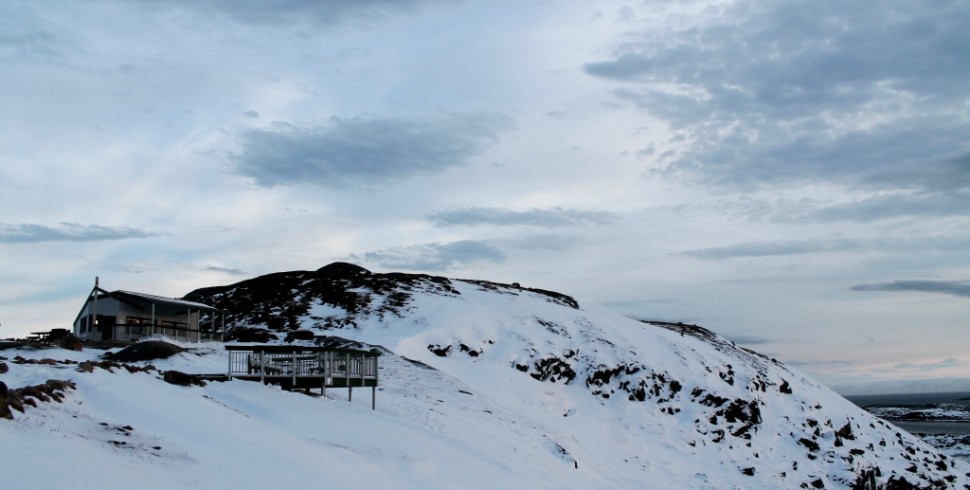
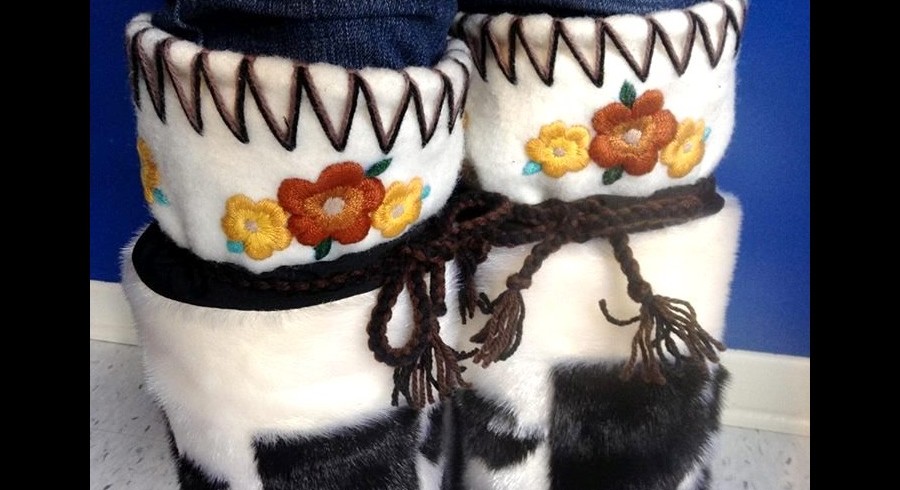
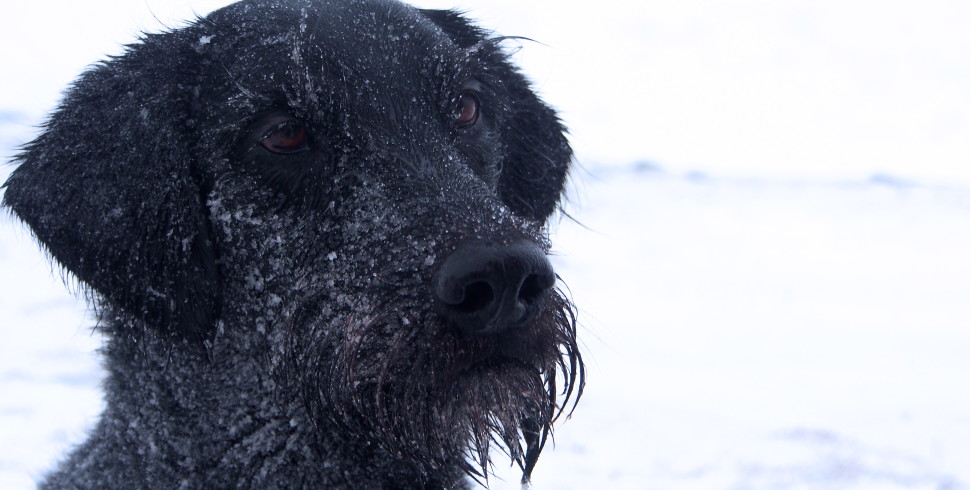
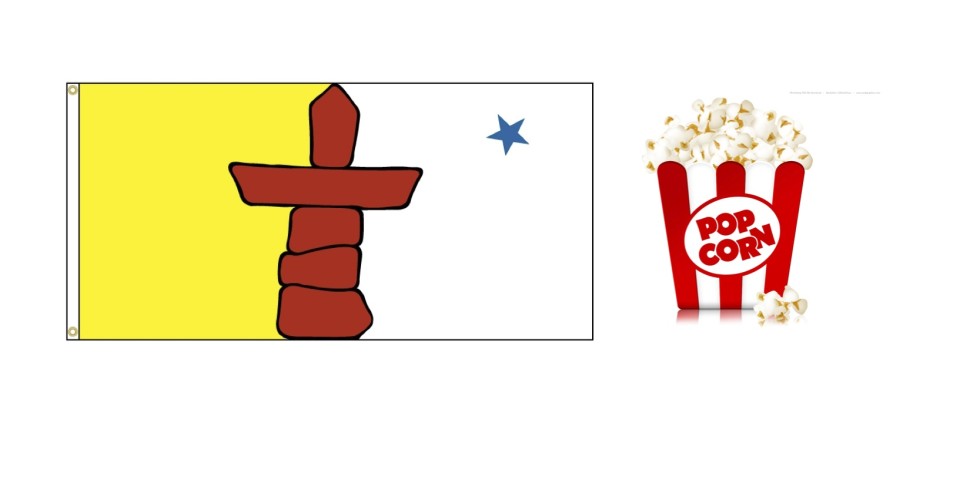



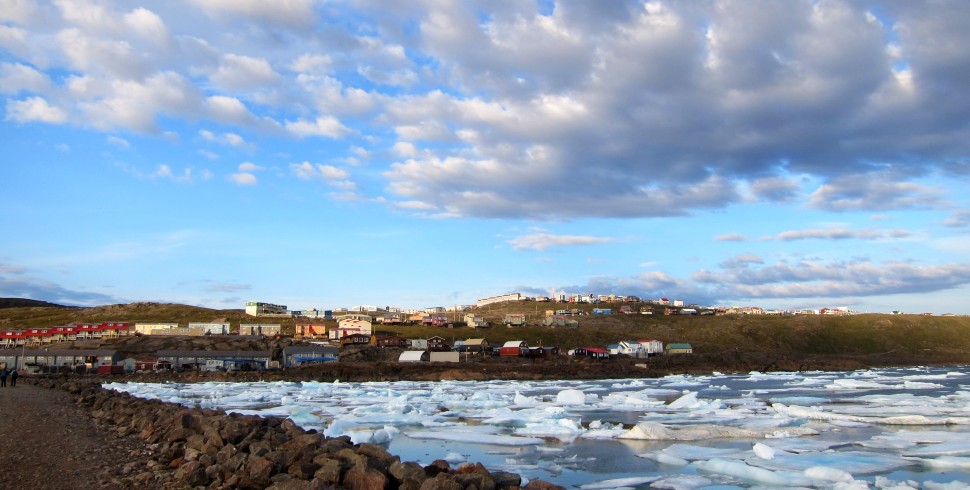
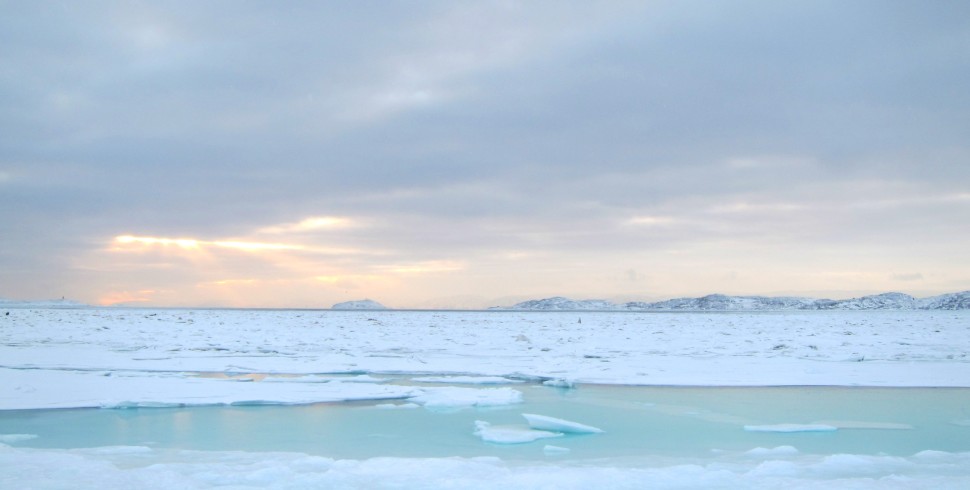
Your title is misleading. It should be “on wanting to become”. And NTI not aggressive enough? They are suing Canada! Look forward to seeing all candidates’ interviews.
Hmmm, good point! We will amend the title!